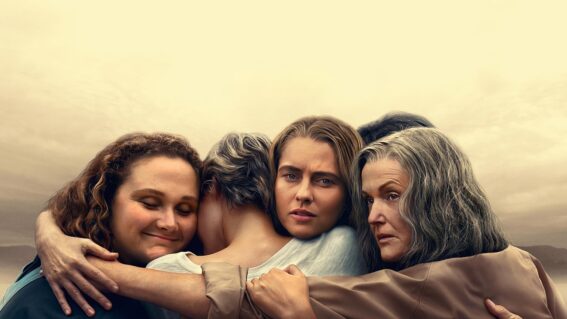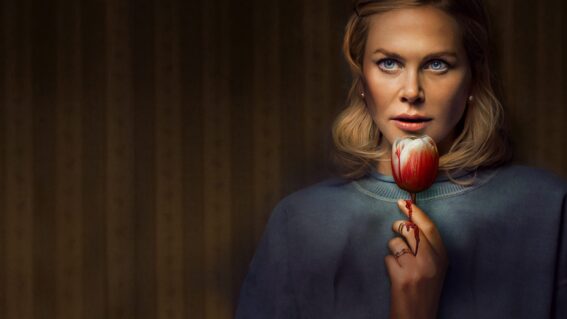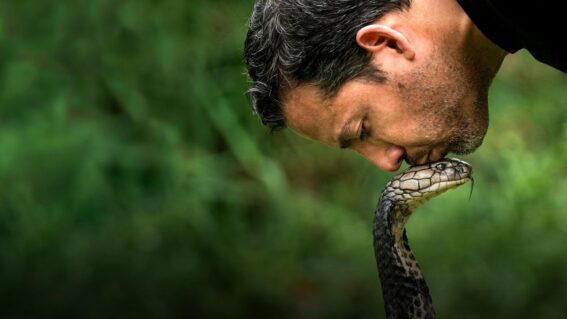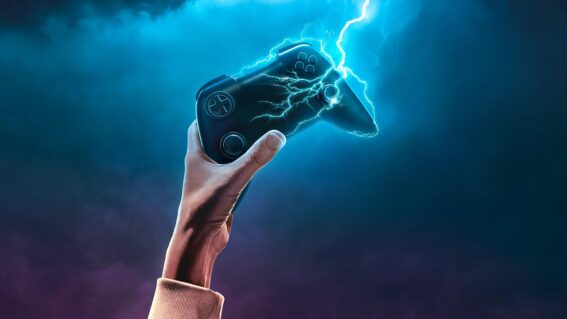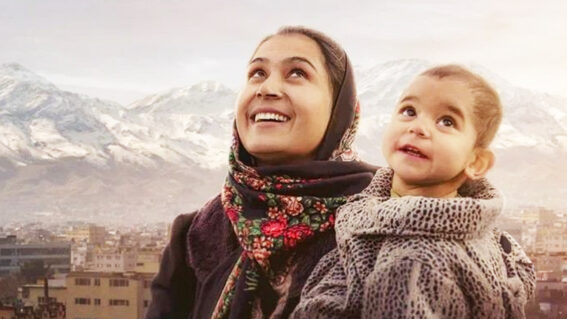30 of our favourite films made (or directed?) by women
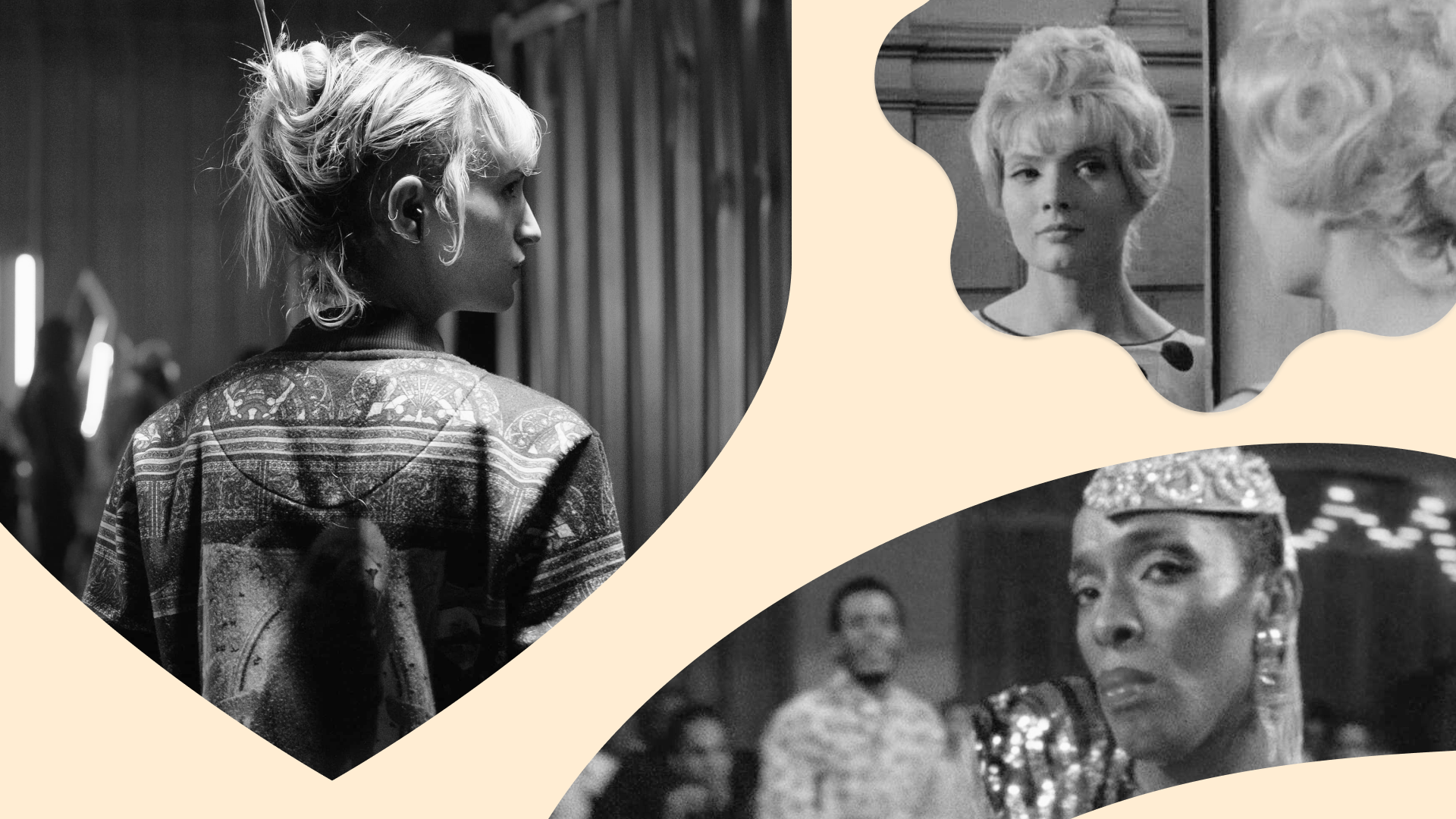
March 8 is International Womens Day, and there’s no better time to learn more about the bold, iconic, diverse works that women have given cinema. Here’s just 30 female-directed movies that Flicks critics love the best.
Being roughly one half of the population, women are not a monolith; and the same goes for women behind the camera, a fact that’s driven home by the list we arrived at when we asked nine terrific female Flicks contributors for their top ten fave movies from female directors.
Out of 71 films in total, there was absolutely no common thread between these recent must-sees, underseen gems, and stone-cold classics. The top 30 list covers experimental cinema, bubbly rom-coms, searing documentaries, and some of the greatest action and horror films of all time.
Claire Denis emerged as our team’s most loved director, winning three spots in the poll, with Agnès Varda, Chantal Akerman, and Lynne Ramsay close behind with two entries each. There wasn’t even room for Greta Gerwig’s Barbie, recently crowned as the highest-grossing film from a woman director ever, to sneak into the top tier. Scroll to learn more about each writer’s connection to this fierce female watchlist, and to find links for where to watch each film.
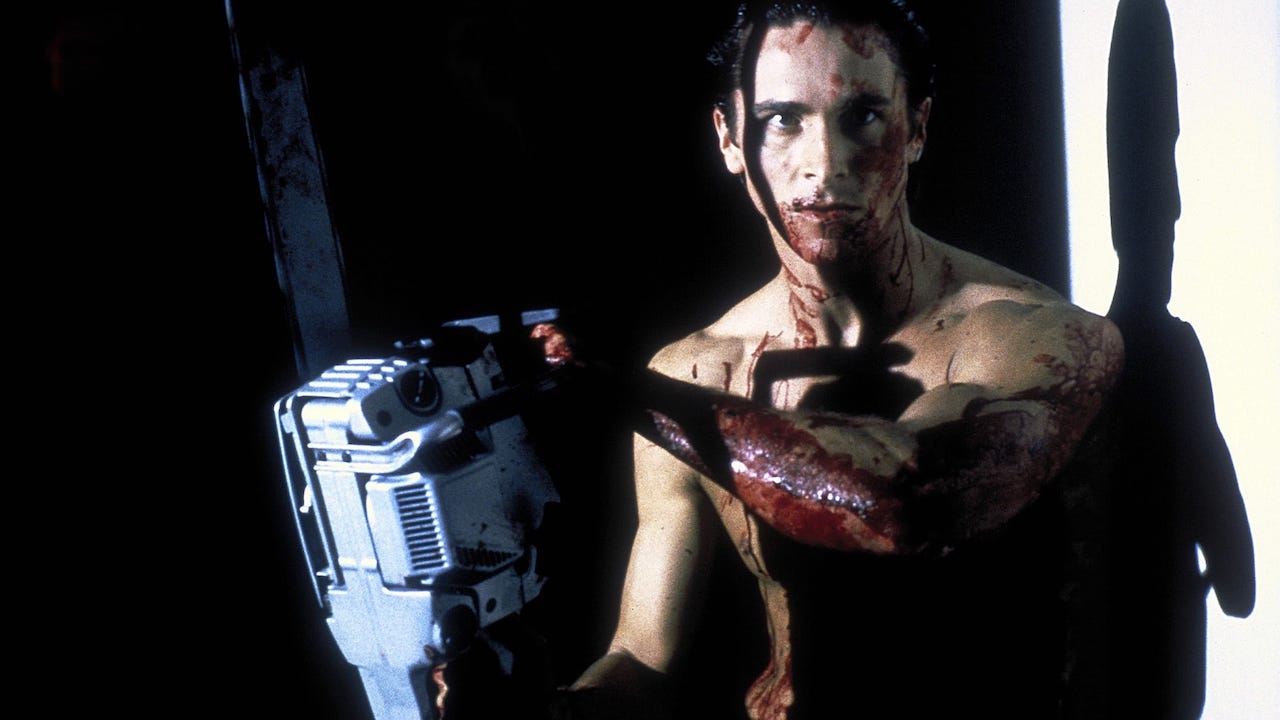
American Psycho
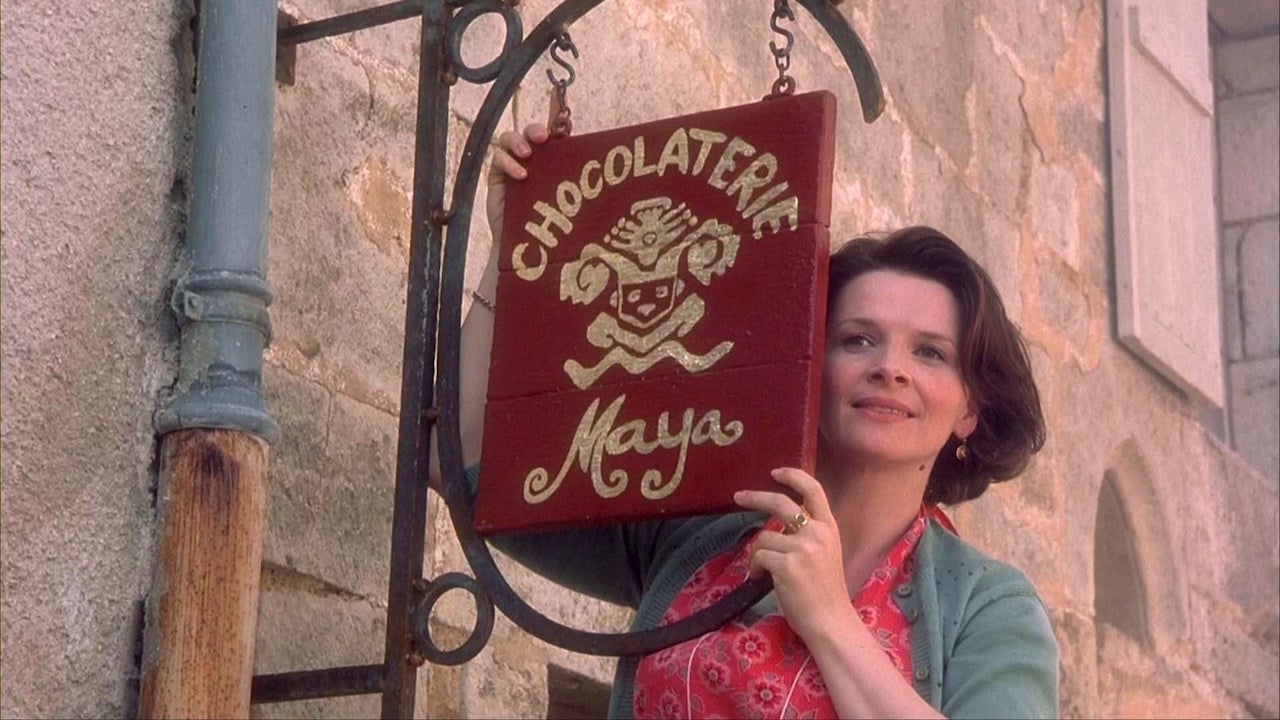
Chocolat
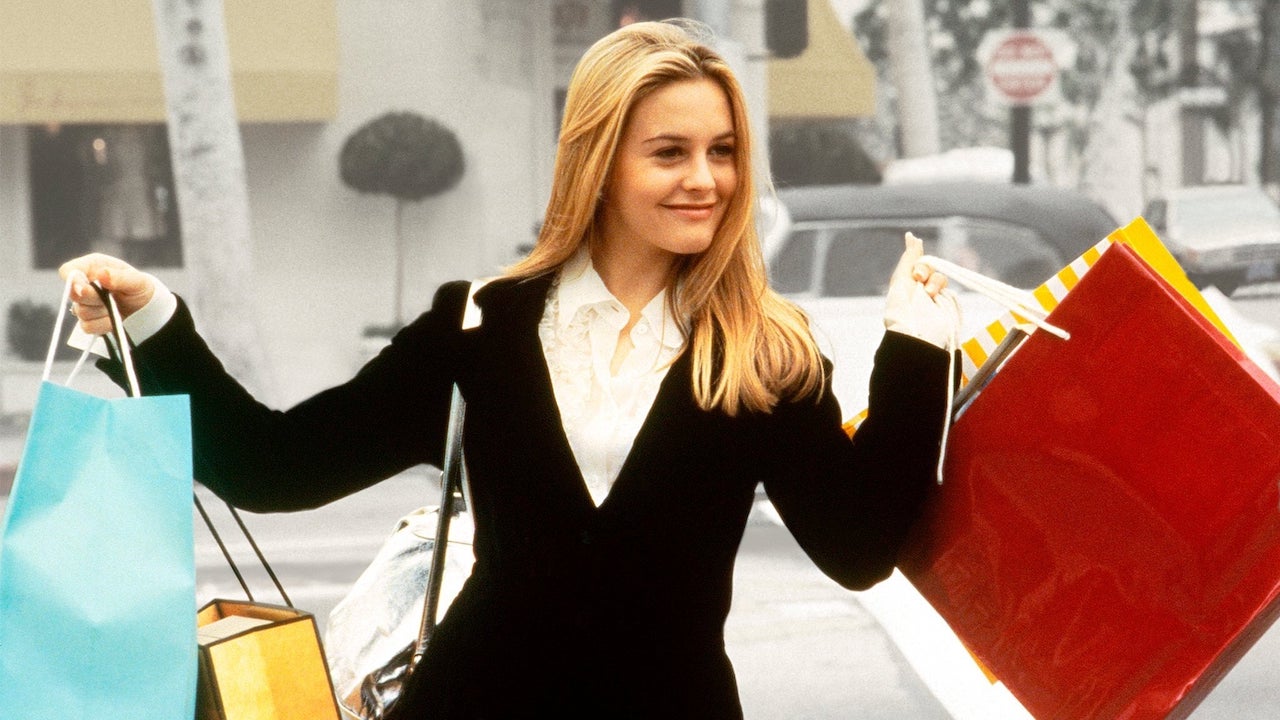
Clueless
Written and directed by Amy Heckerling, Clueless features its own spin on Jane Austin’s Emma and brings it up to date with a fancy wardrobe and its unique dialogue amid the Beverly Hills teen elite. Alicia Silverstone charms audiences as the naive yet sweet-natured Cher, whose self-centred efforts to help others through love and makeovers help her realise her own ‘cluelessness’, realising that looks, popularity and money don’t exactly lead to inner happiness. The film also provided a springboard for future stars Paul Rudd, Donald Faison and the late Brittany Murphy, whose brilliant insult to Cher remains one of the most memorable teen comedy lines of all time. Almost 30 years on, Clueless remains a modern cult film that defined a generation of teenagers before the digital age while showing audiences that classic novels can work as a modern adaptation. KATIE SMITH-WONG
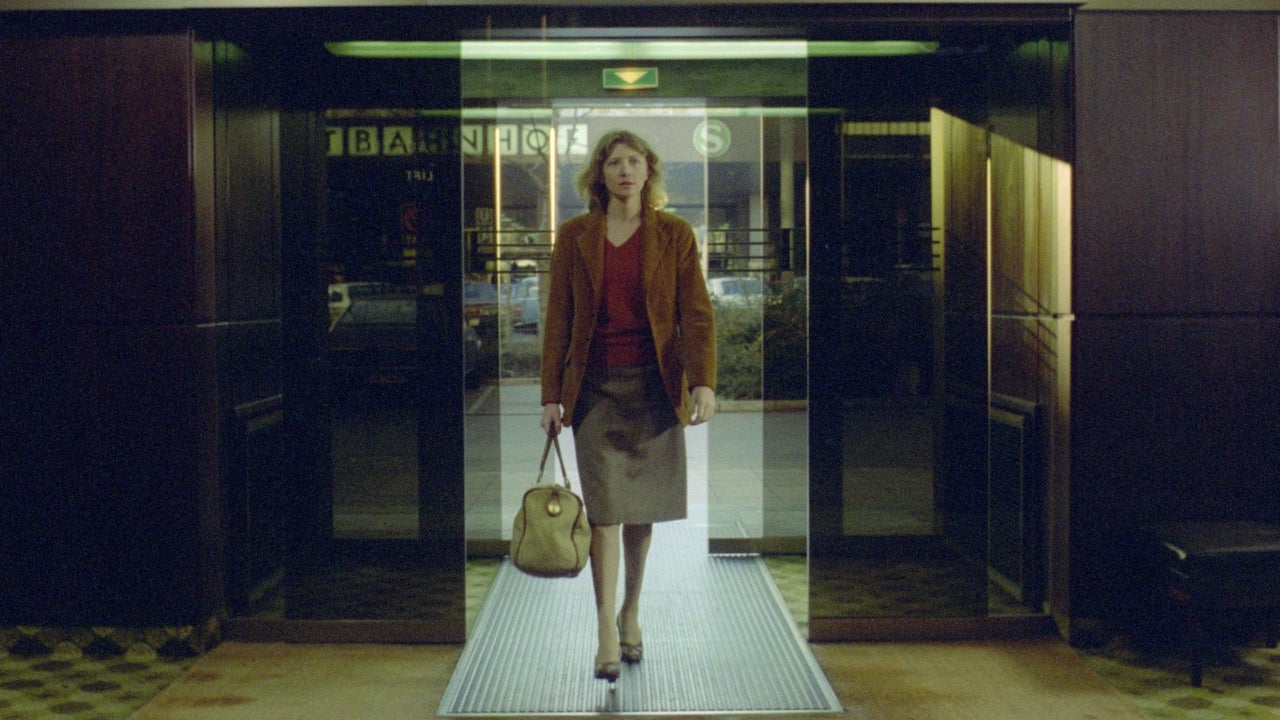
Les rendez-vous d’Anna
What sets Les rendez-vous d’Anna apart from Chantal Akerman’s more acclaimed masterpiece Jeanne Dielman is its dynamism. The later film contains all the feminine disquietude of the film that made Akerman’s name, but it transforms it into a semi-autobiographical narrative reflecting on the essential themes of her work and life: motherhood, sex, and filmmaking. Aurore Clément is mesmerising as Akerman’s double, perhaps even more so than Delphine Seyrig, holding the viewer rapt in her cutting, tired glare. Couple that with Akerman’s beautiful signature longshots and it makes for one of the finest films ever made. LILLIAN CRAWFORD
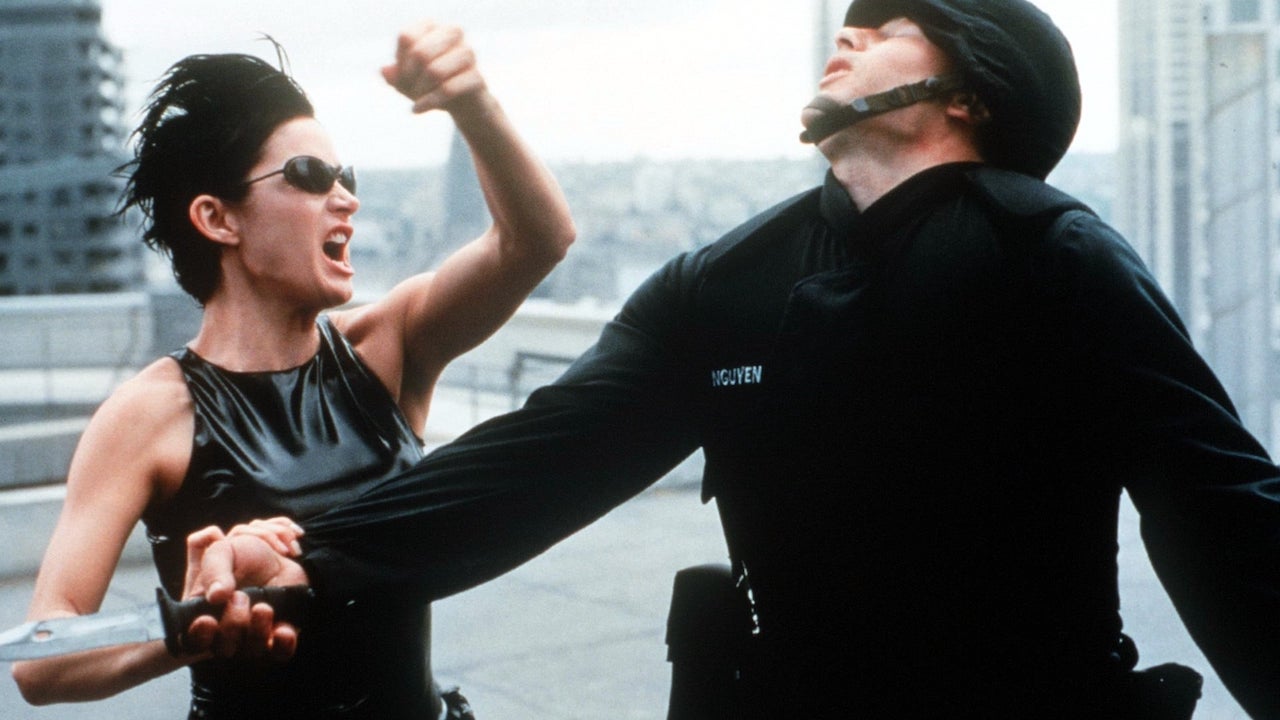
The Matrix
Few films have found themselves as enmeshed in the popular imagination as Lana and Lily Wachowski’s 1999 sci-fi masterpiece, The Matrix. Its slick blend of Hong Kong martial arts, cyberpunk style, and anime flare, along with some galaxy brain philosophical themes, brought a new kind of artfulness to the world of the Hollywood action blockbuster. “Makes you think” has never looked so cool. AMELIA BERRY
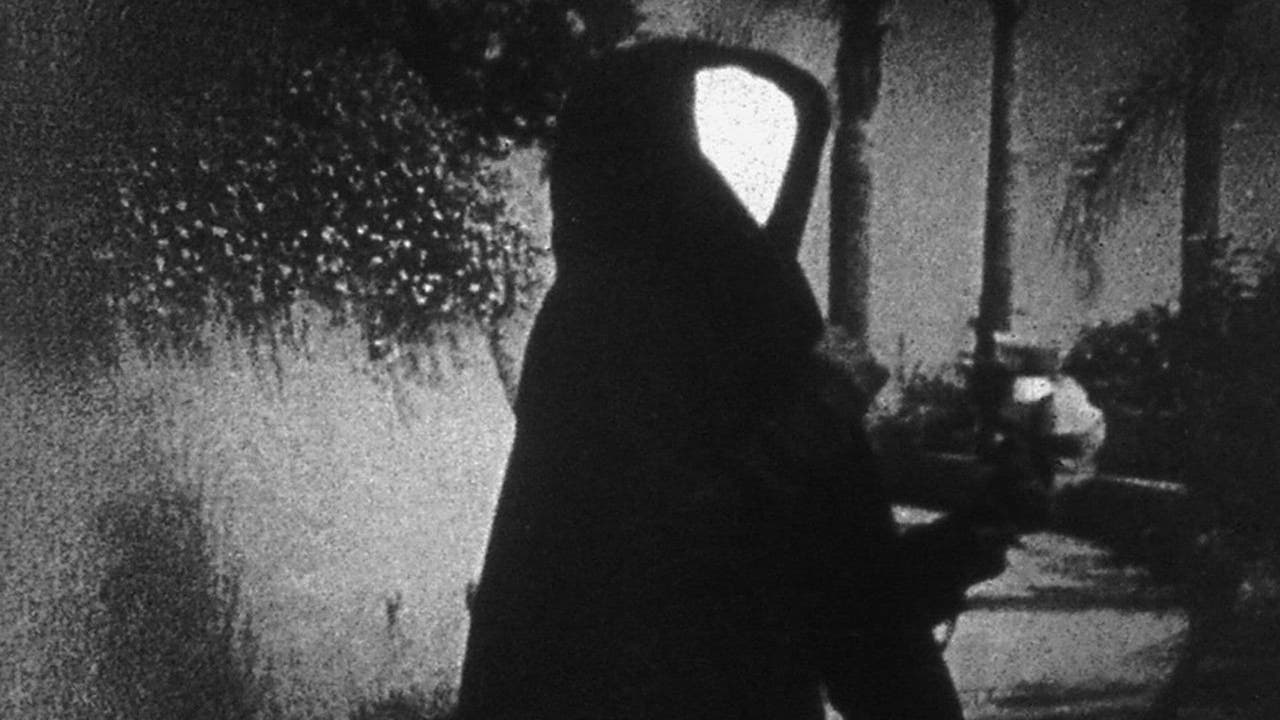
Meshes of the Afternoon
Cyclical and claustrophobic, Meshes of the Afternoon exemplifies both the medium of short film and the genre of surrealism. Deren and Hammid created a work that warps the viewer’s sense of time and space with clever storytelling and camera-work that plays with repetition, shadows, and gravity. This dizzying puzzle box of cinema has stood the test of time, and in a cinematic landscape saturated with CGI, shows how much atmosphere you can create with a simple set and a handful of iconic props. FATIMA SHERIFF
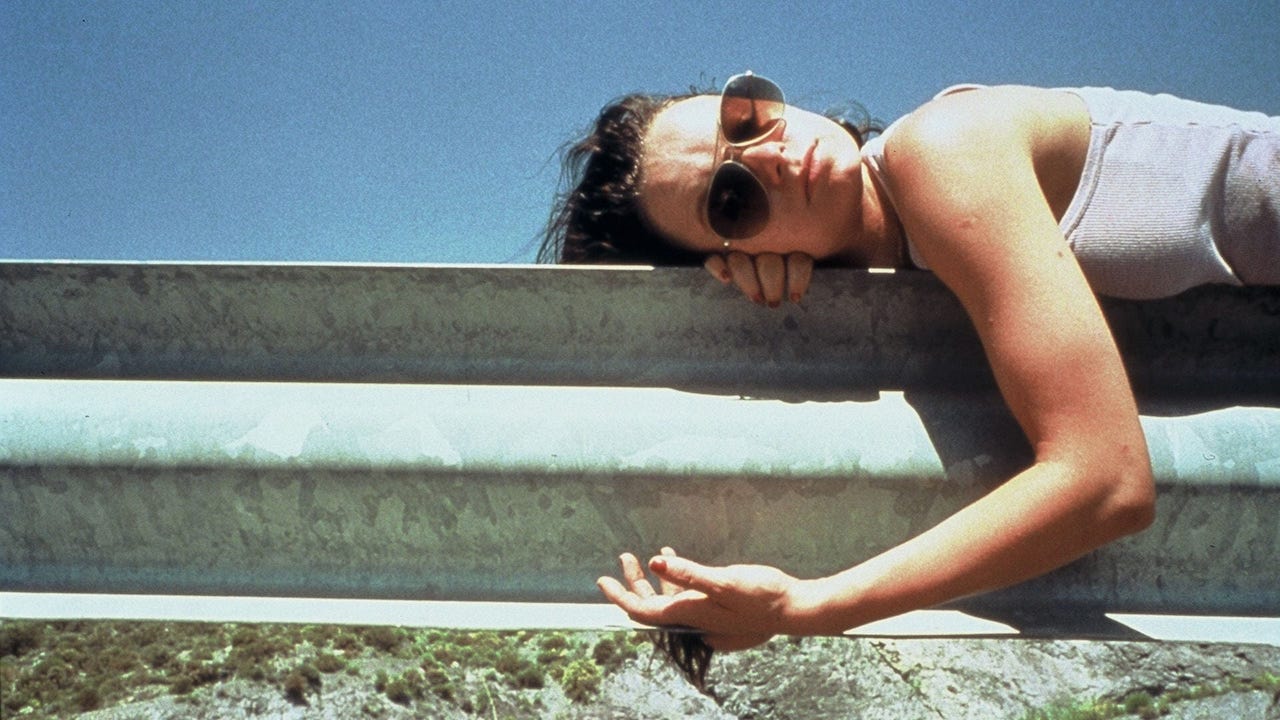
Morvern Callar
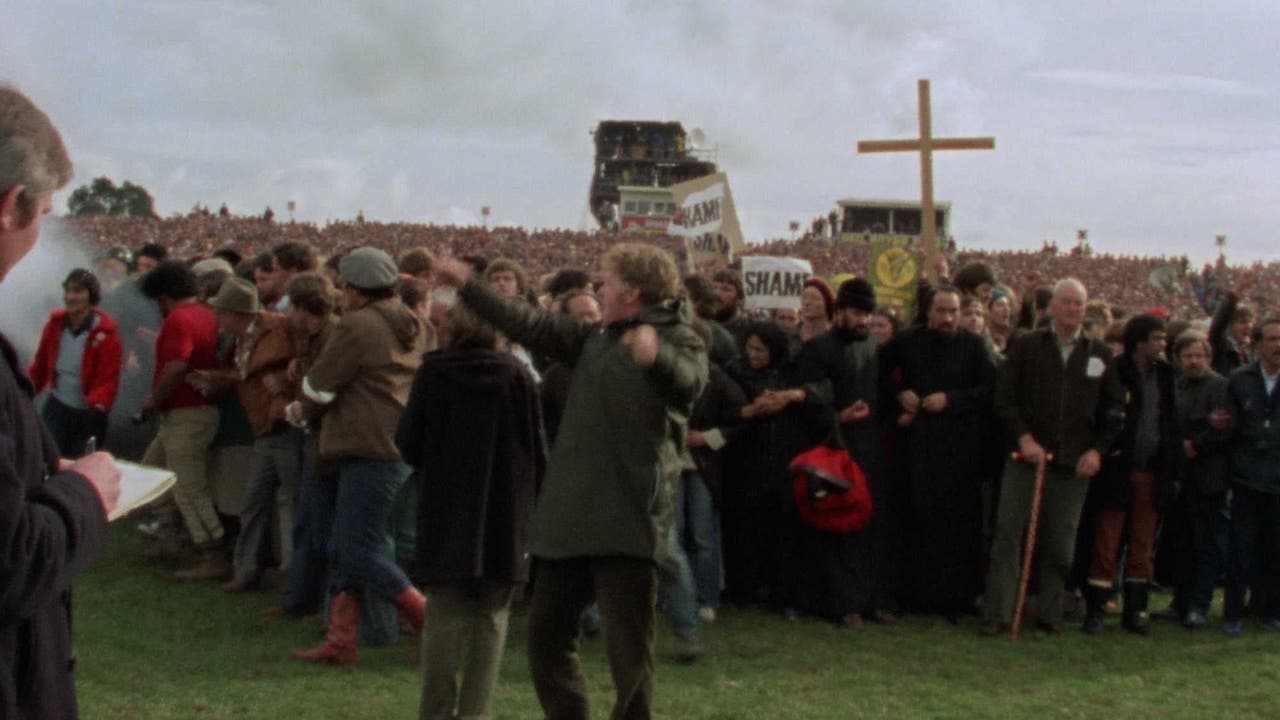
Patu!
A landmark film in the truest sense, Merata Mita’s Patu! (1983) documents an incendiary time of polarisation in New Zealand’s recent history that still has huge ripples in the country’s present politics and identity. As has often been noted when discussing Mita’s work, her view of contemporary activism blew out of the water any notion of everyday New Zealanders’ disinterestedness in world politics and highlighted a moment when local activism was beginning to make connections with international movements of shared philosophy. Mita’s commitment to being right in the thick of it brings the viewer into the action in a singularly close, and oftentimes claustrophobic, way that encapsulates the intensity of the era – though her staunch depictions of police brutality, racism and the uglier sides of 20th century New Zealand patriotism came at great personal cost. Recommended follow: her son Heperi Mita’s truly moving documentary Merata: How Mum Decolonised the Screen. RACHEL ASHBY
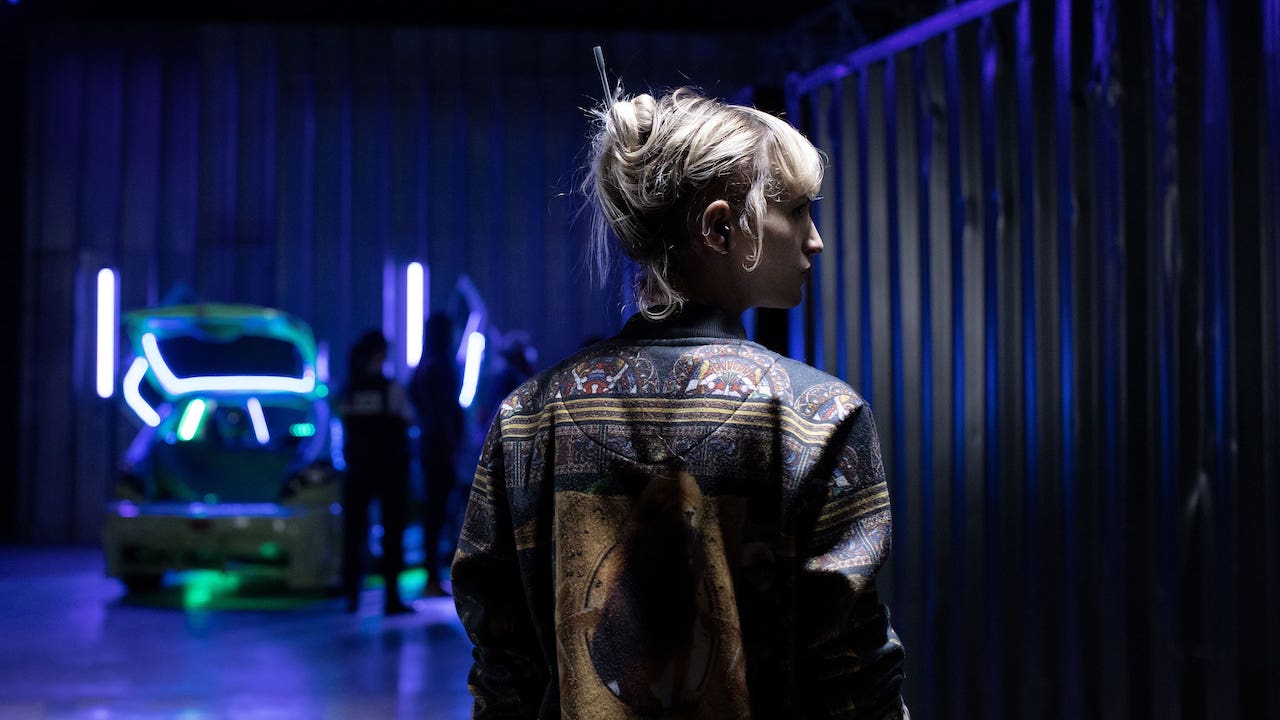
Titane
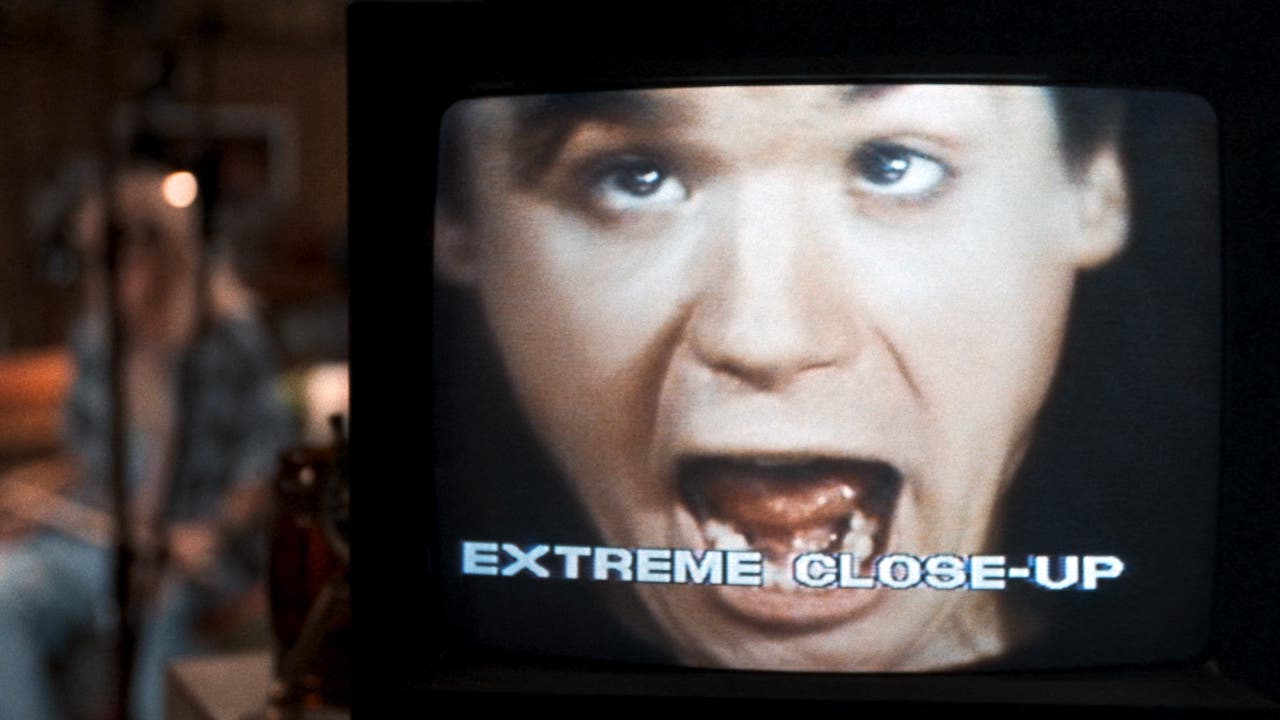
Wayne’s World
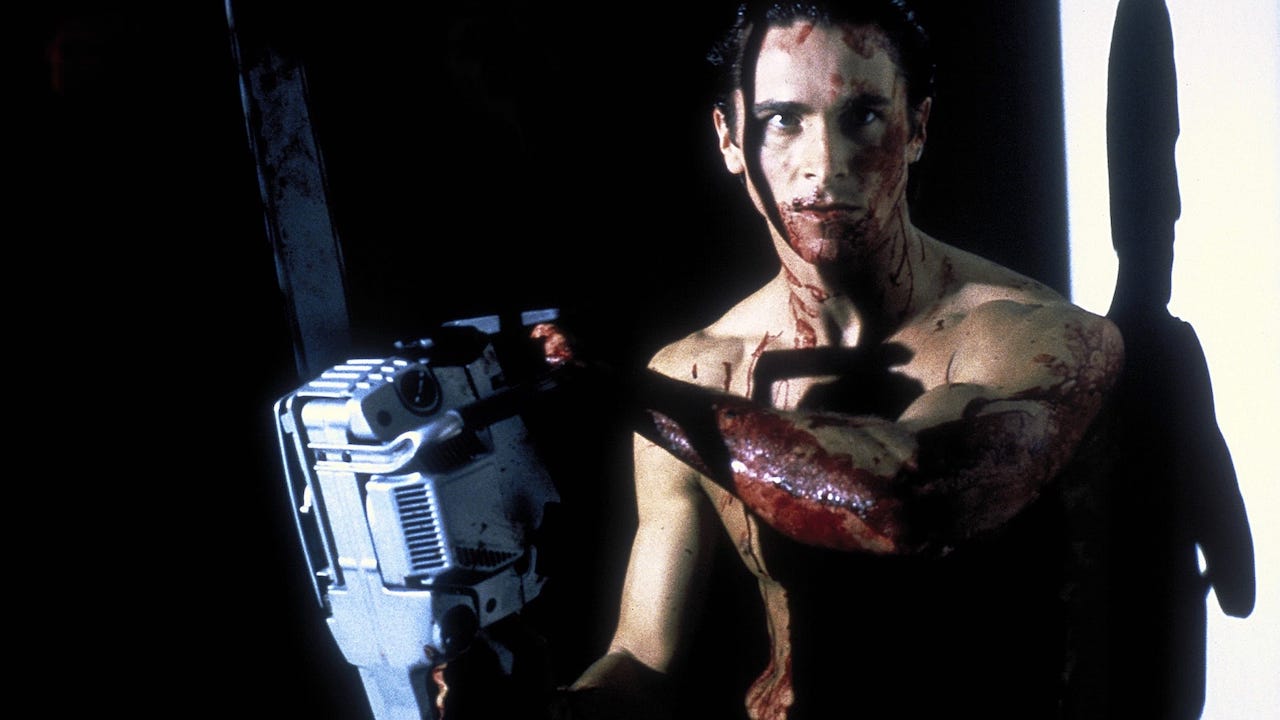
American Psycho
Dir: Mary Harron | 2000
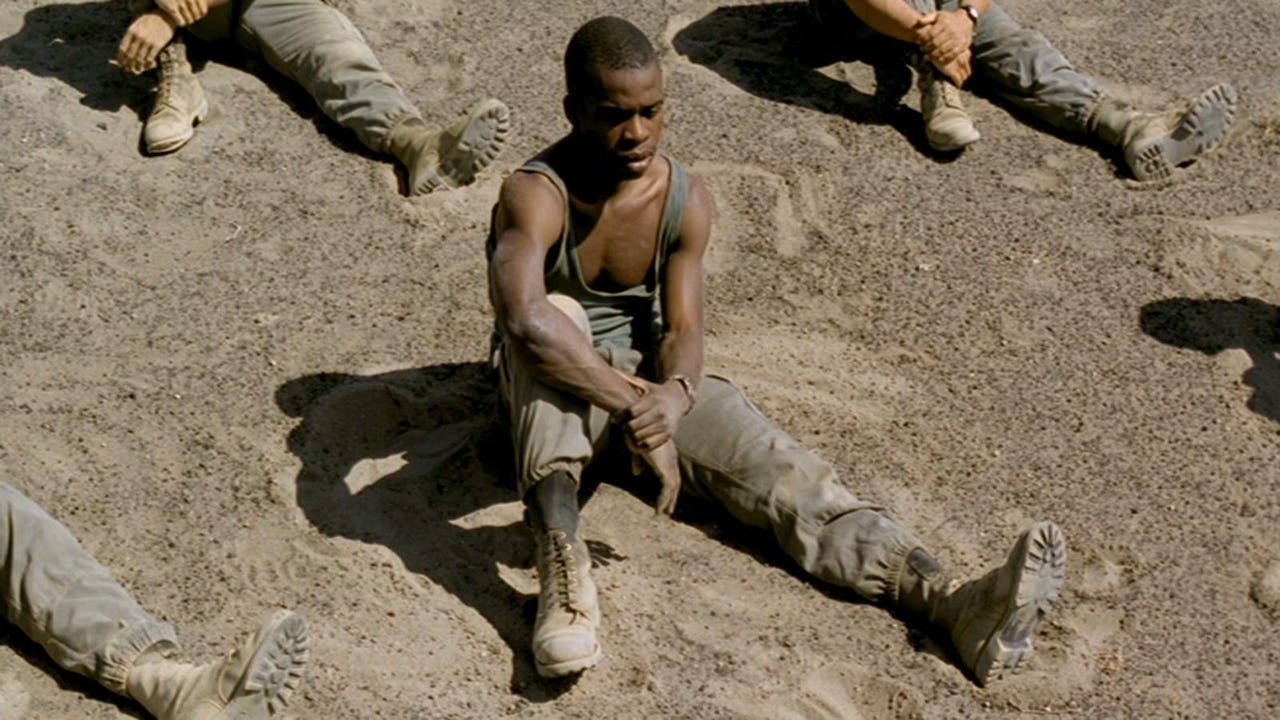
Beau Travail
Dir: Claire Denis | 1999
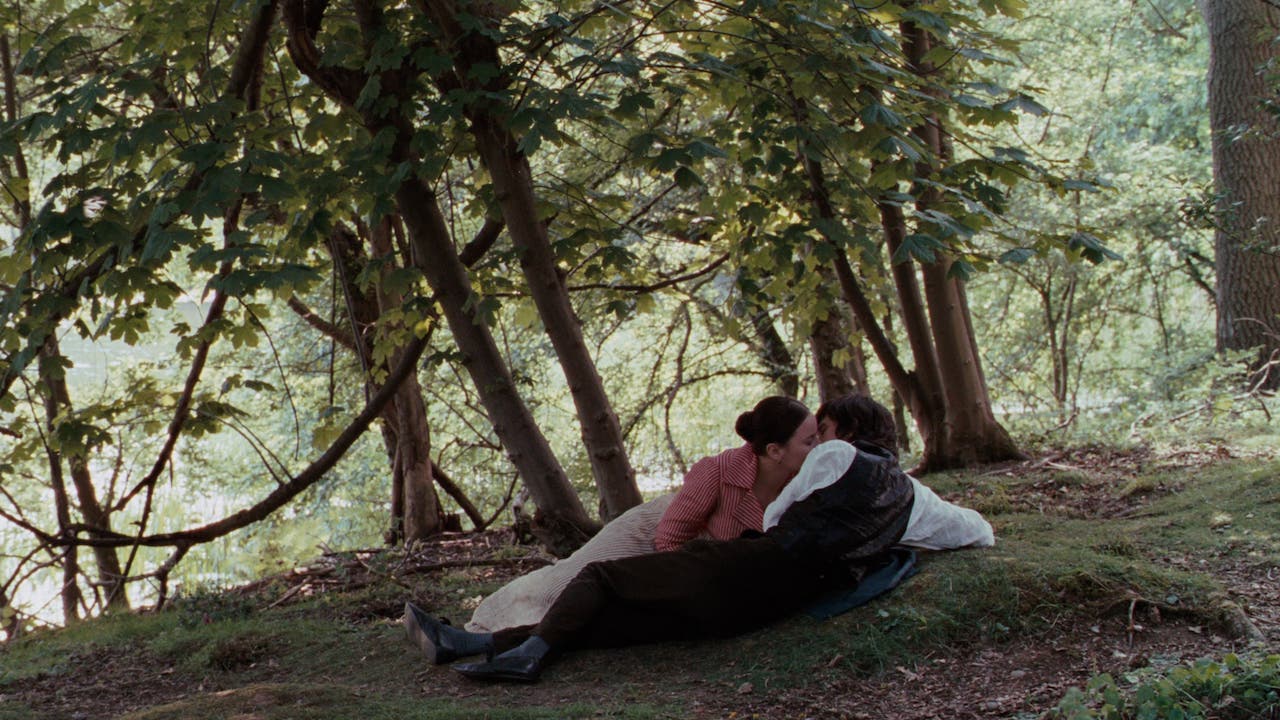
Bright Star
Dir: Jane Campion | 2009
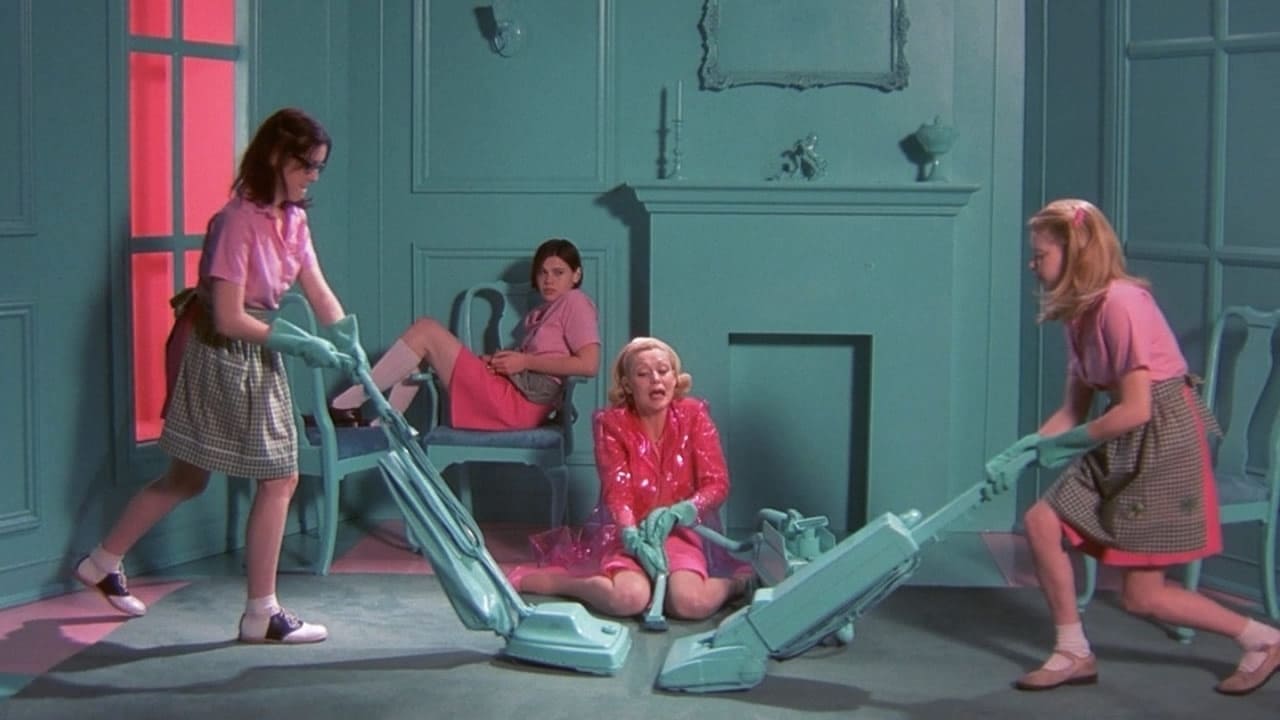
But I’m a Cheerleader
Dir: Jamie Babbit | 2000
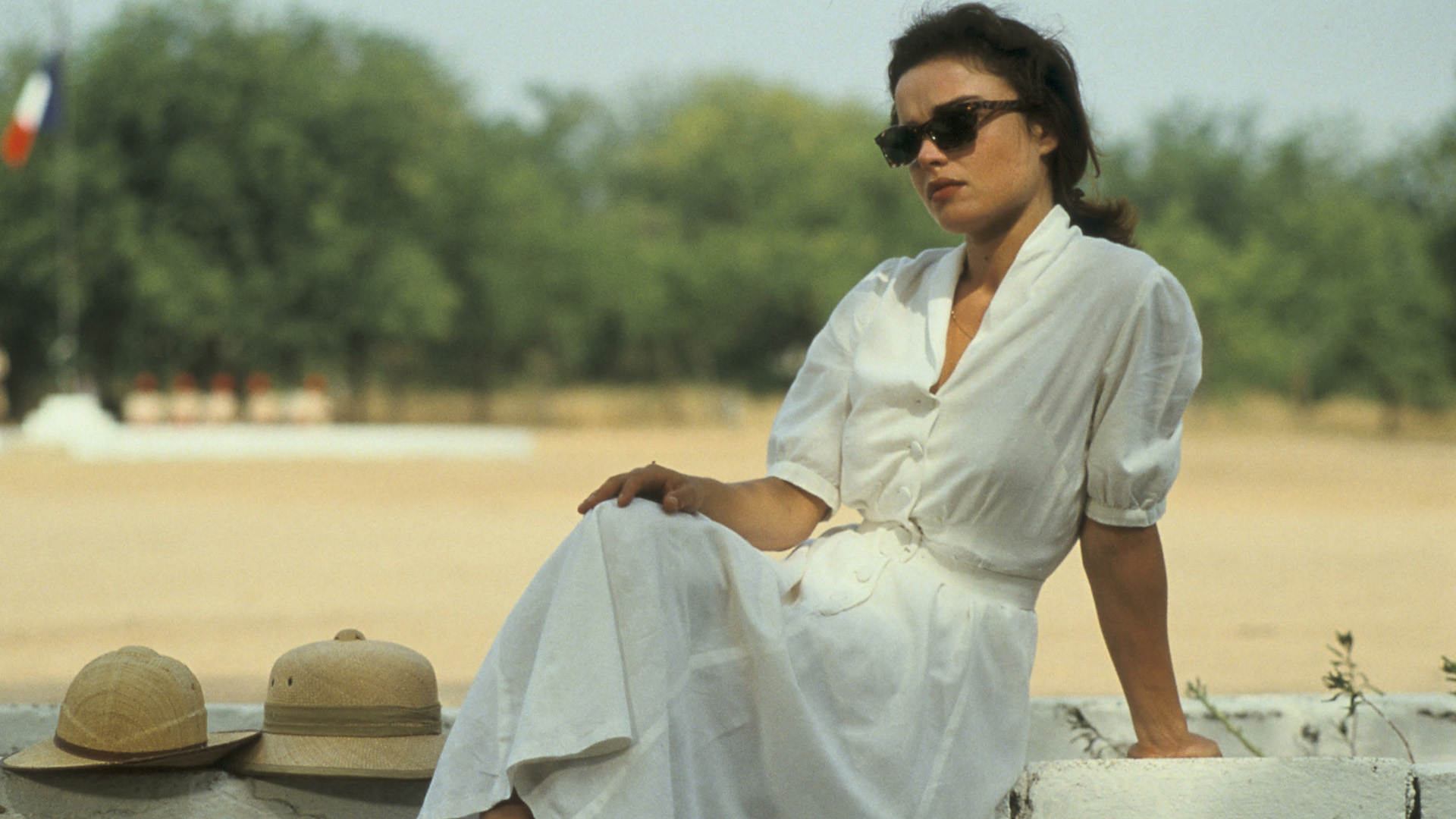
Chocolat
Dir: Claire Denis | 1988
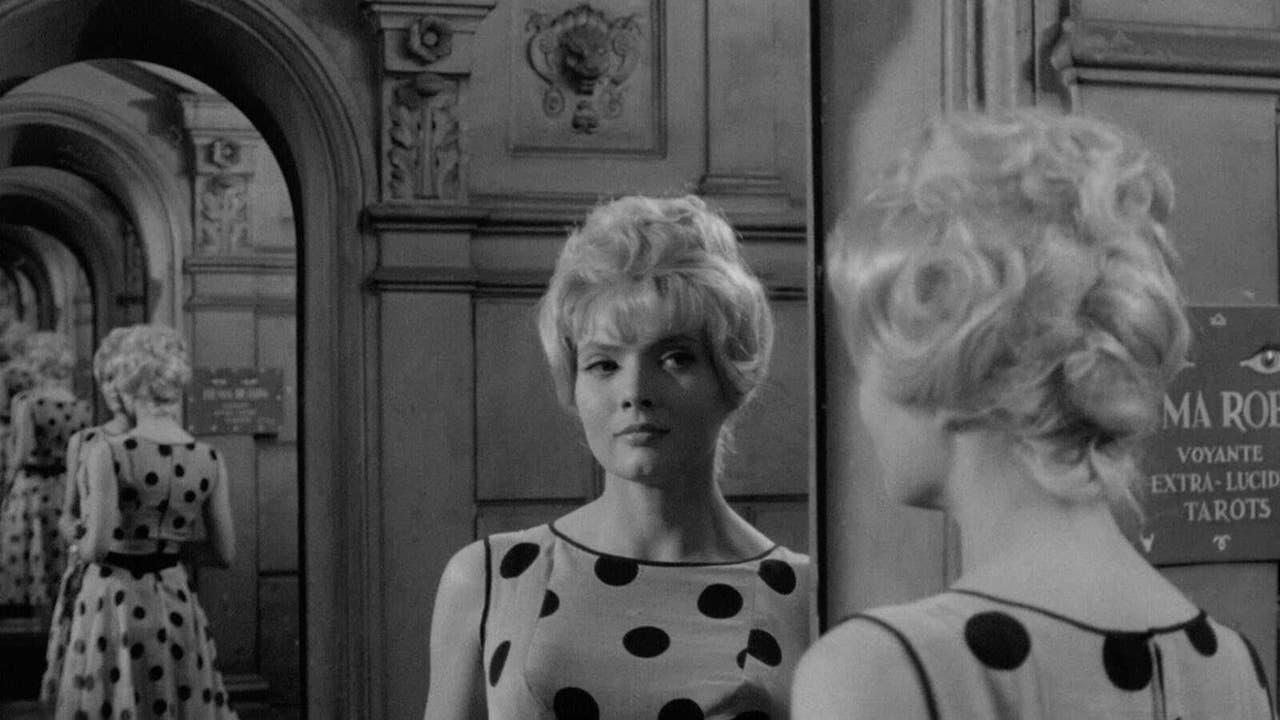
Cléo from 5 to 7
Dir: Agnès Varda | 1962
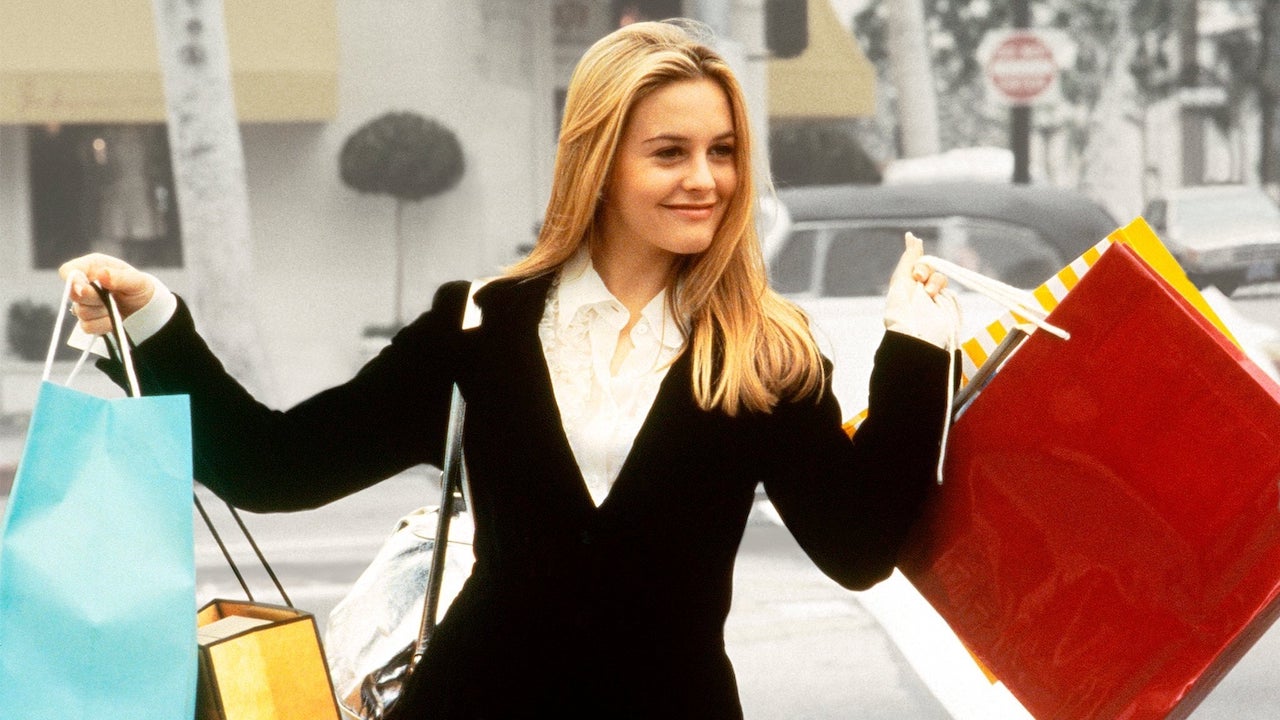
Clueless
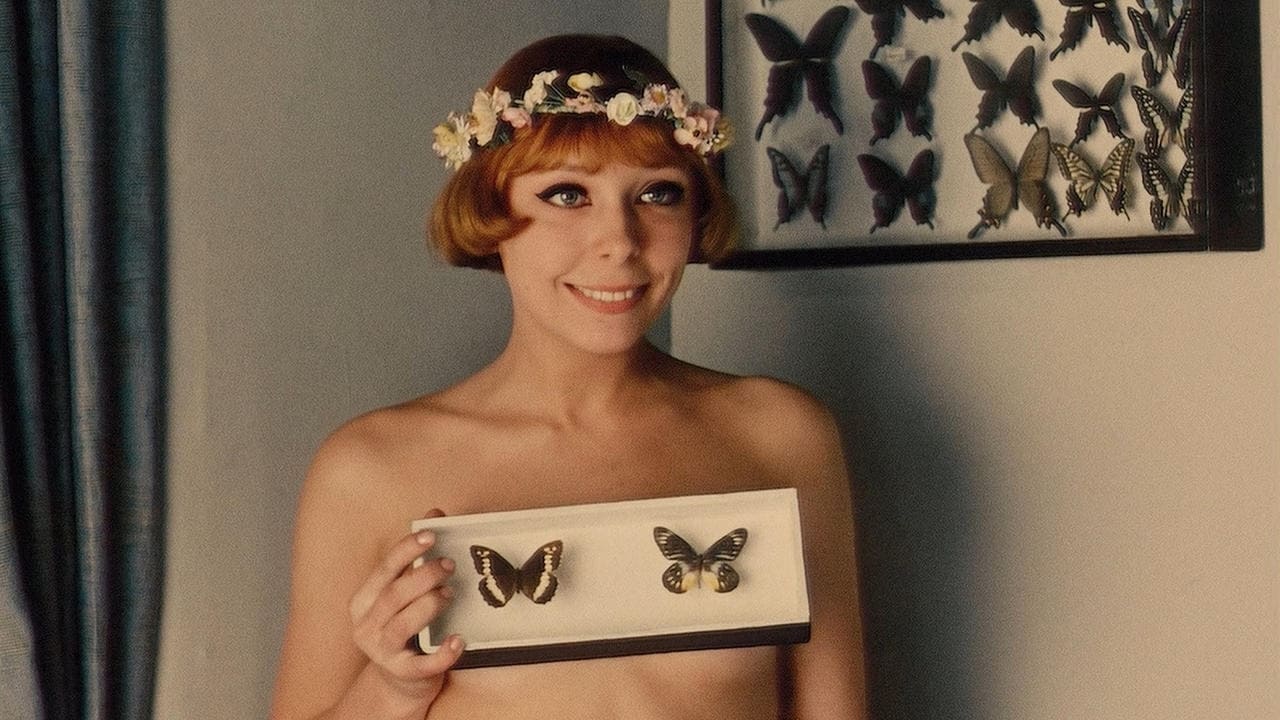
Daisies (Sedmikrásky)
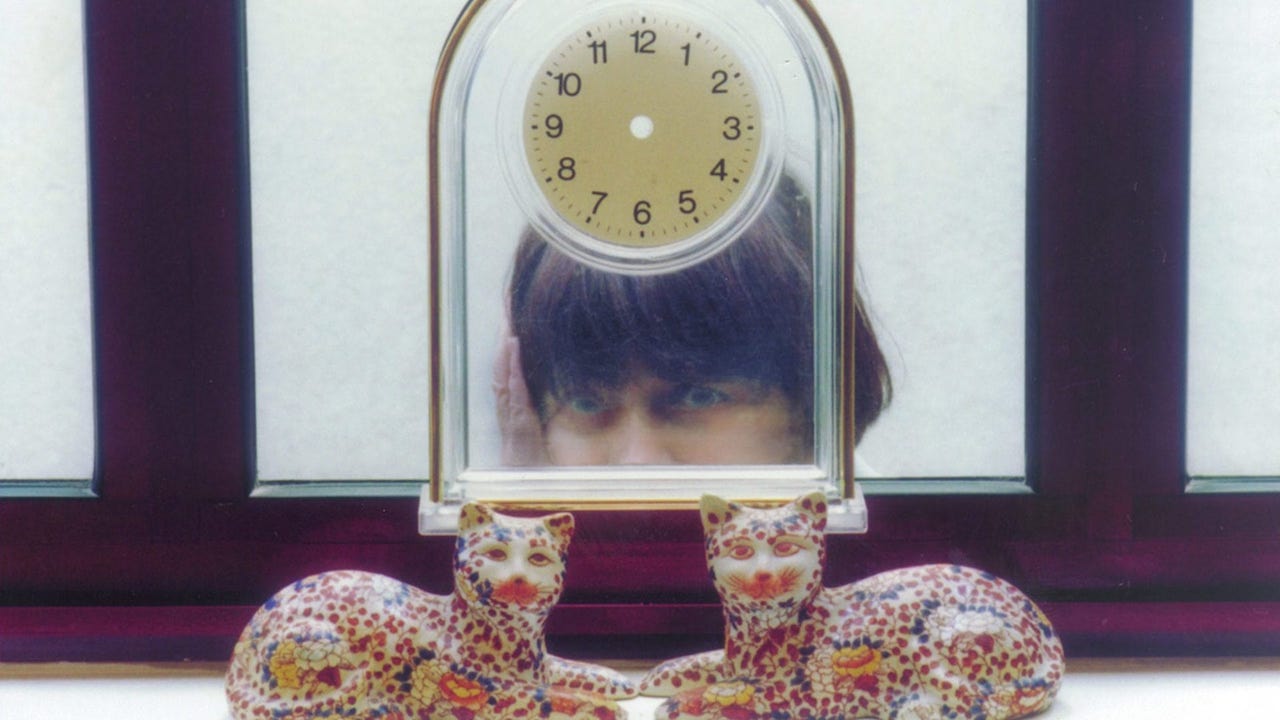
The Gleaners and I

How To Have Sex
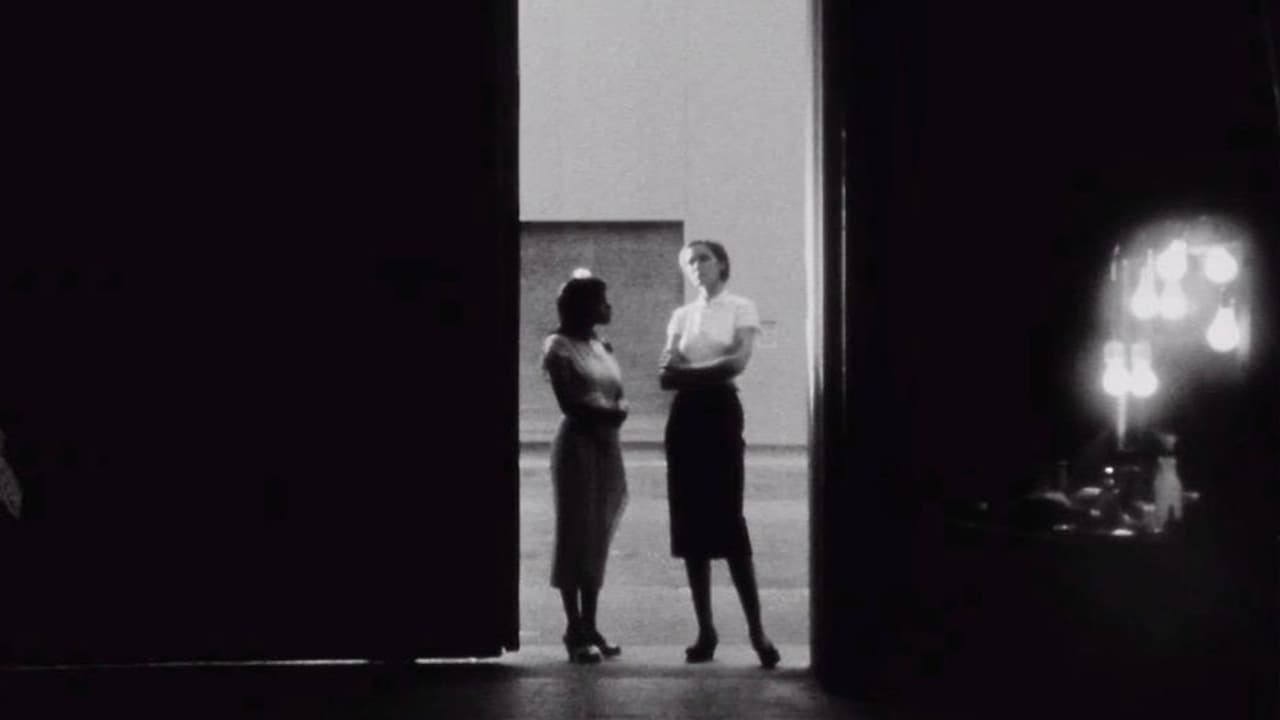
Illusions
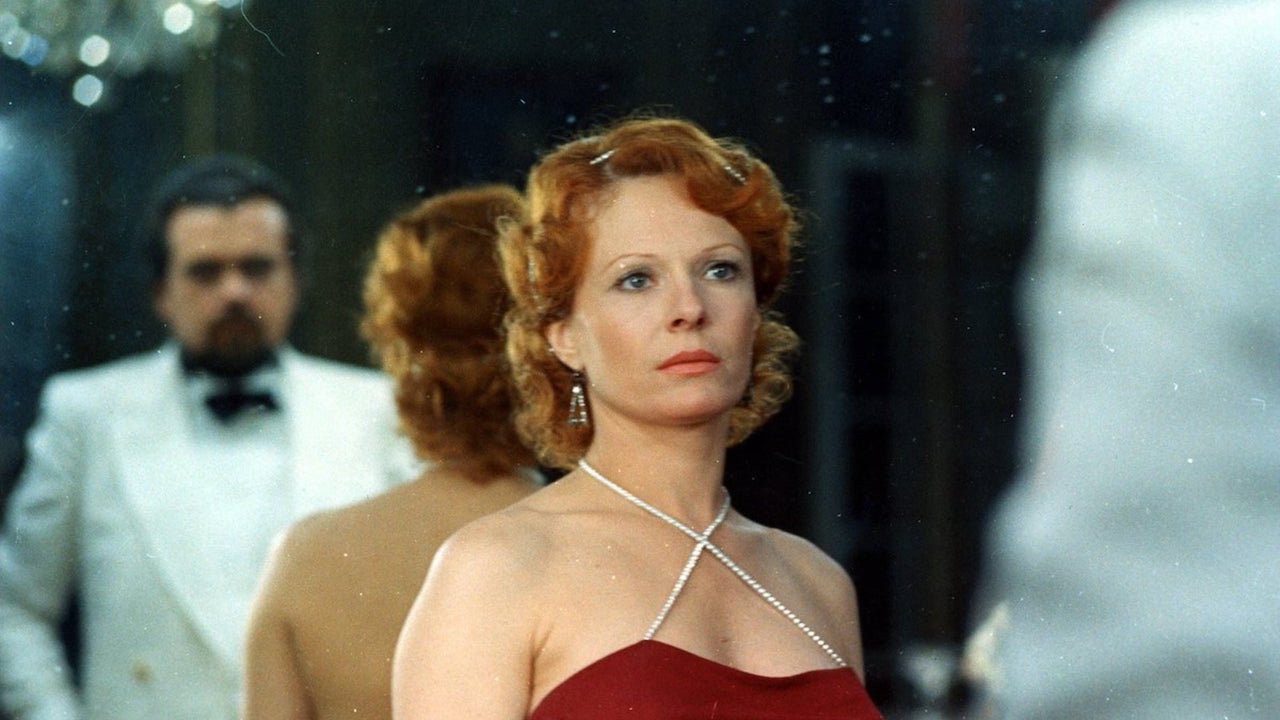
India Song
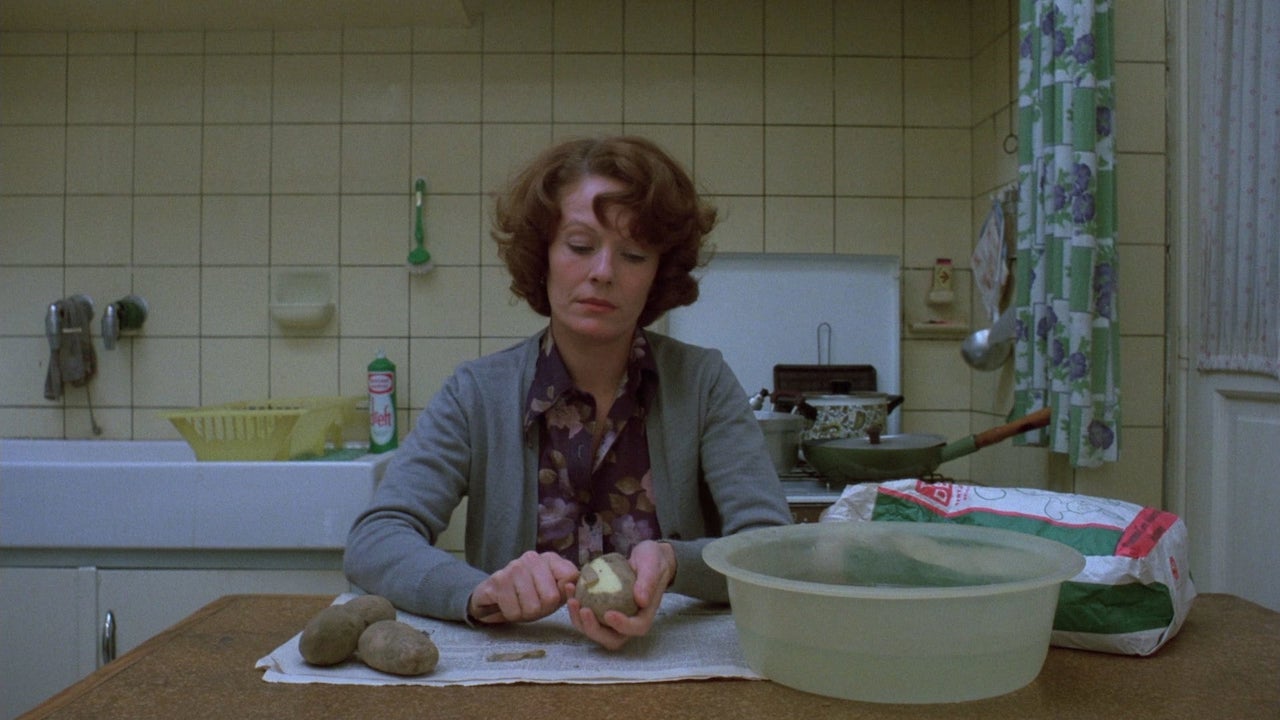
Jeanne Dielman, 23, quai du Commerce, 1080 Bruxelles
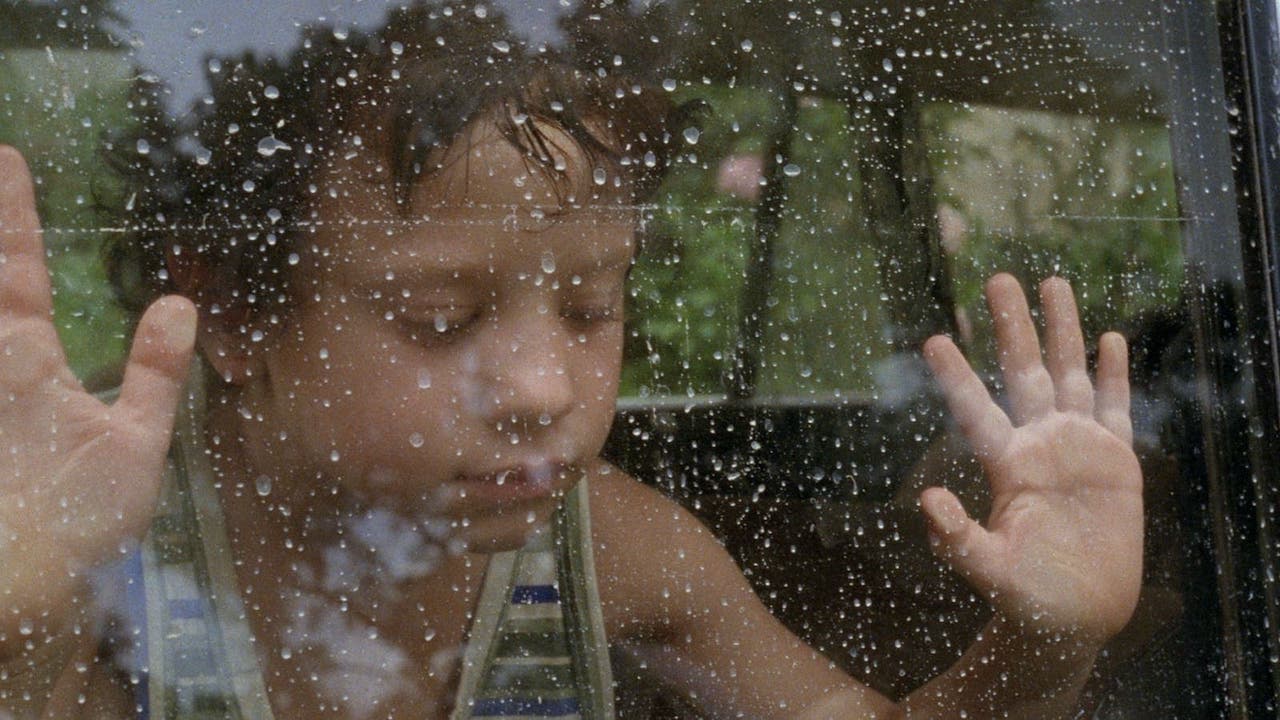
La Ciénaga
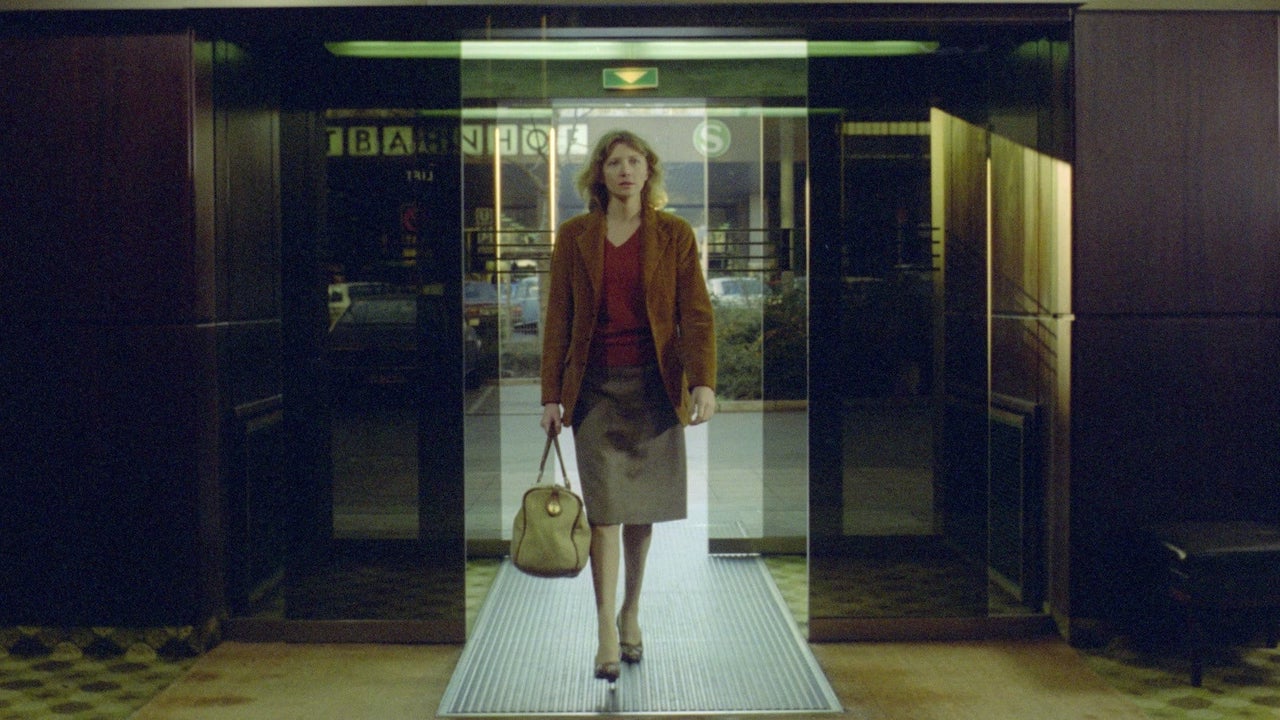
Les rendez-vous d’Anna
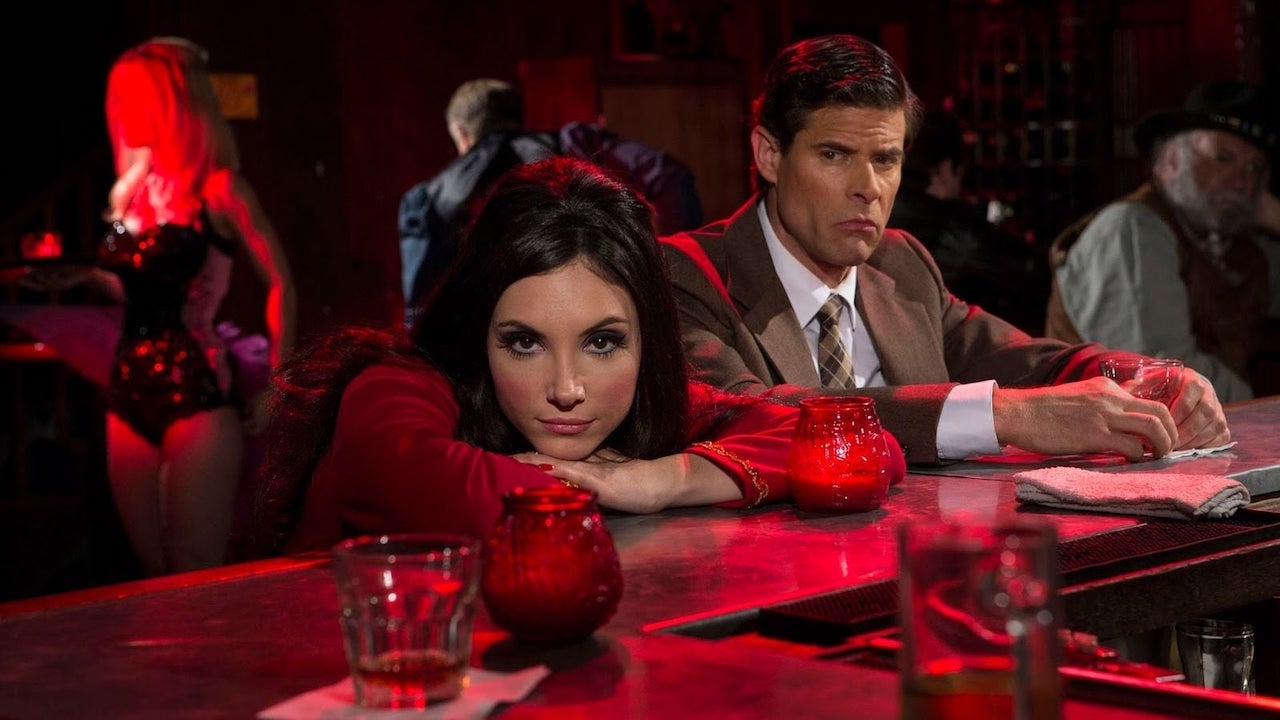
The Love Witch

The Matrix

Meshes of an Afternoon
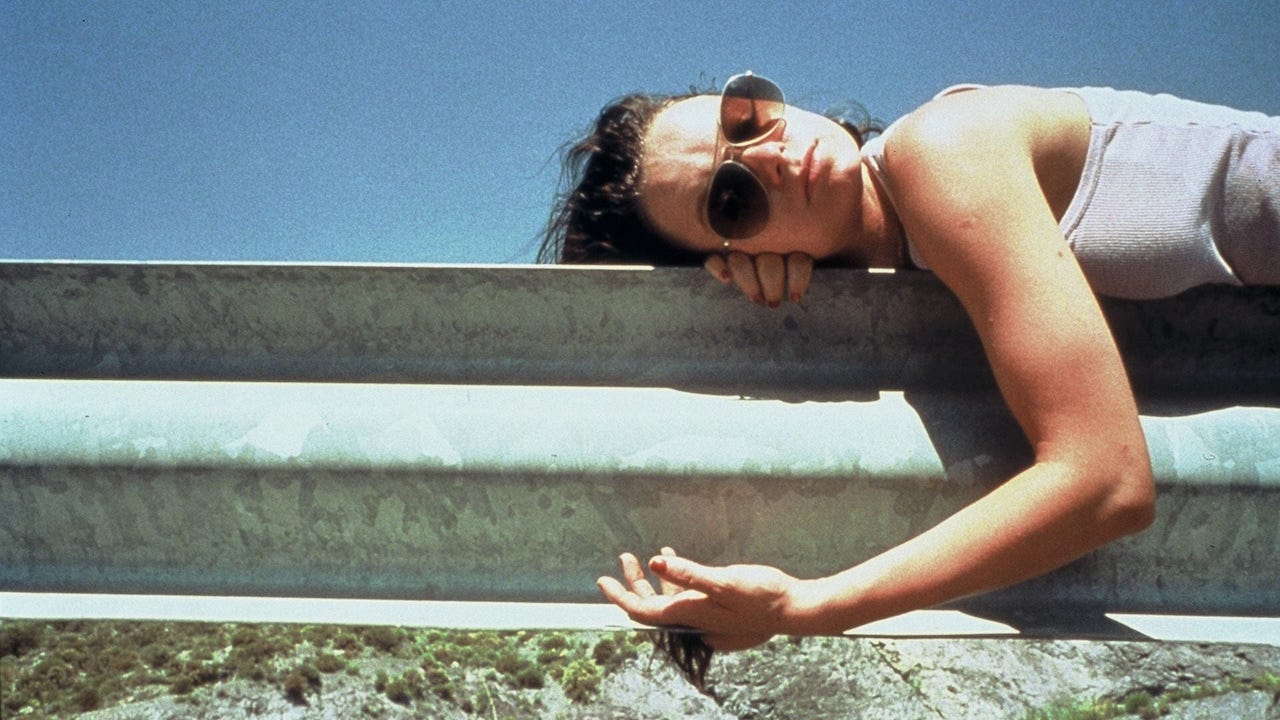
Morvern Callar
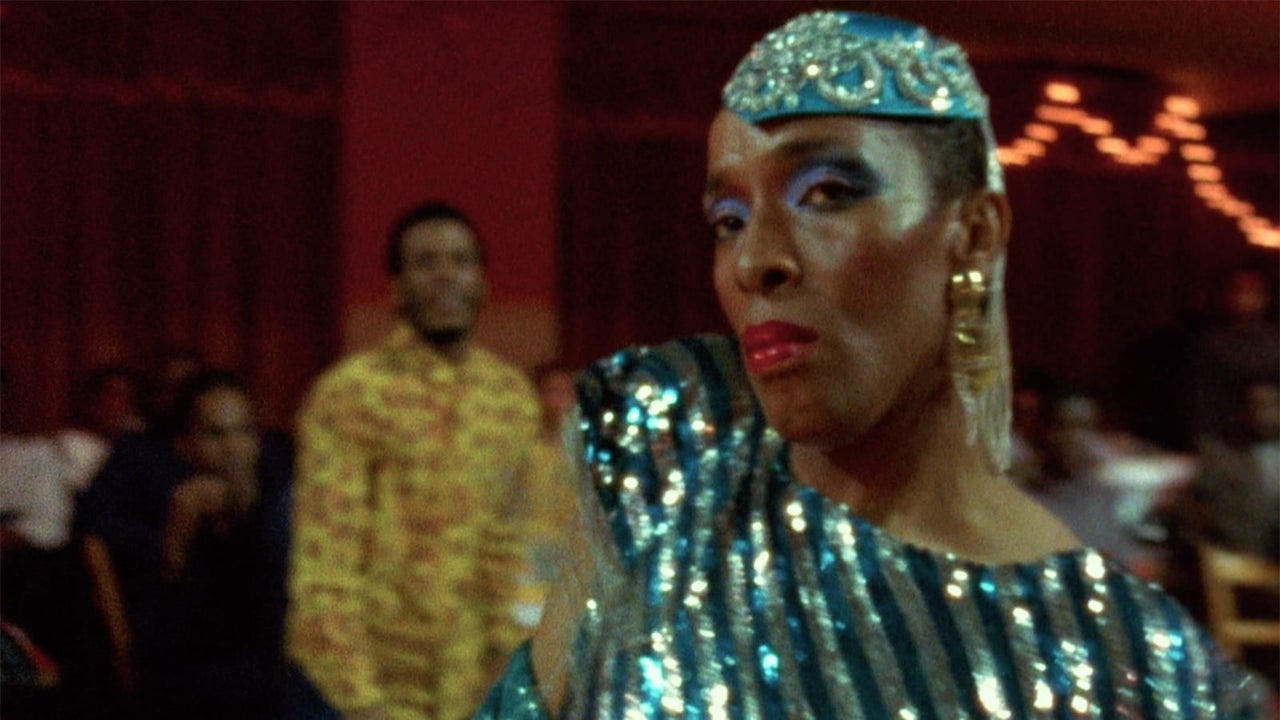
Paris is Burning
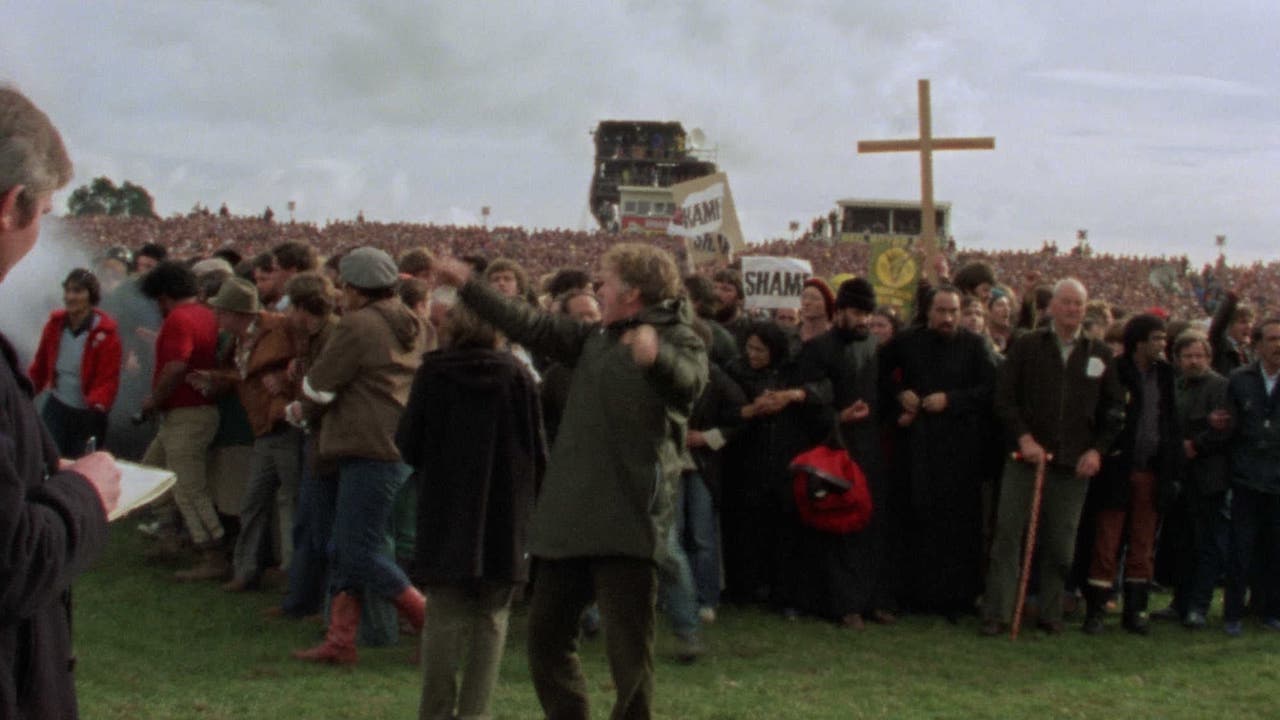
Patu!
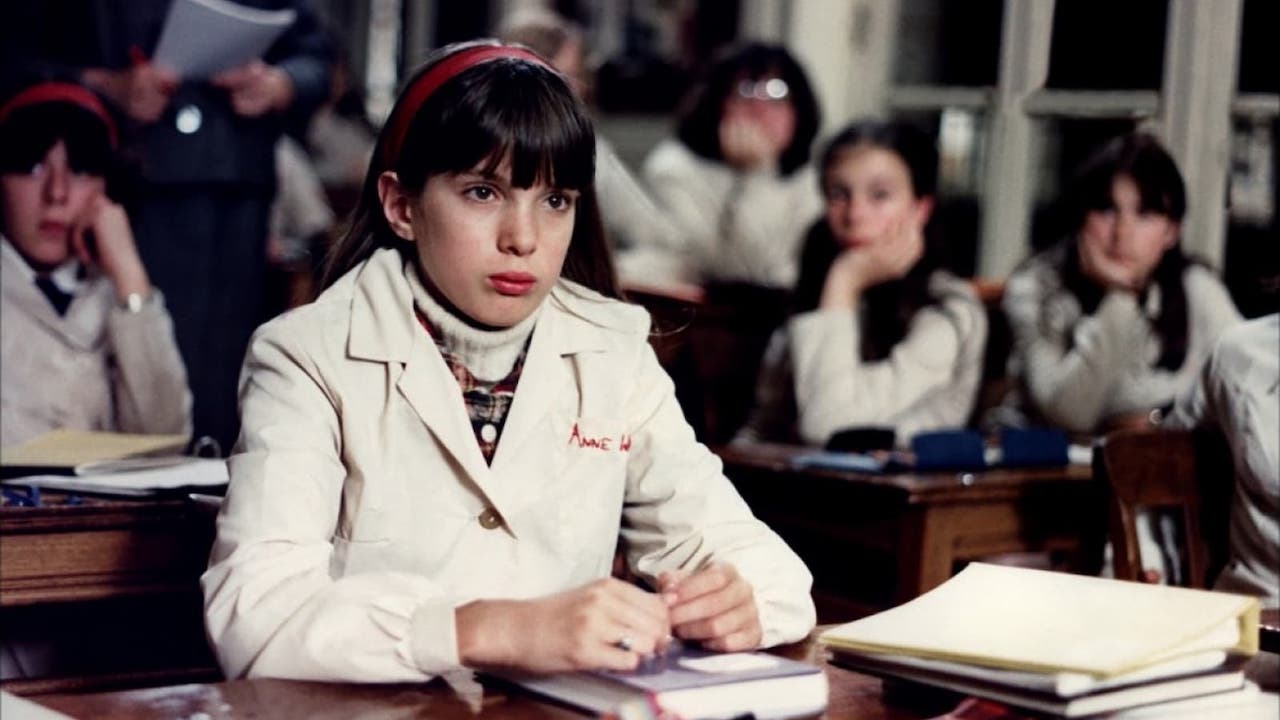
Peppermint Soda
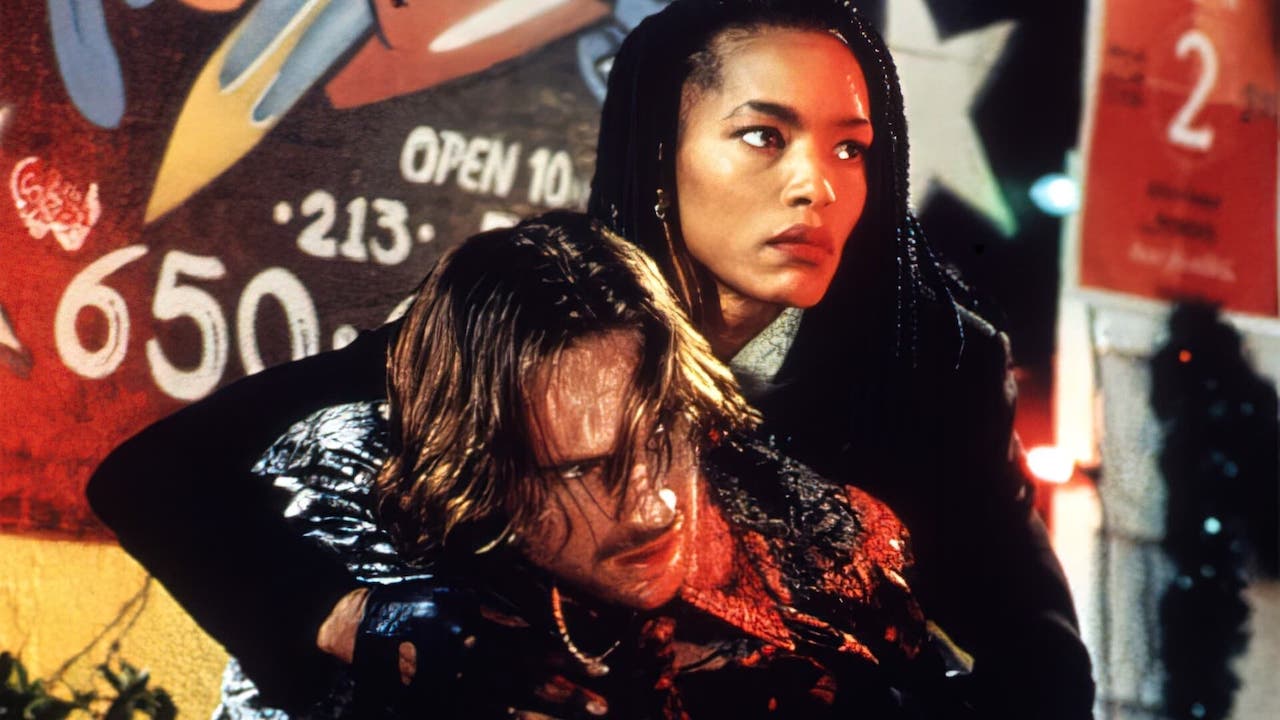
Strange Days
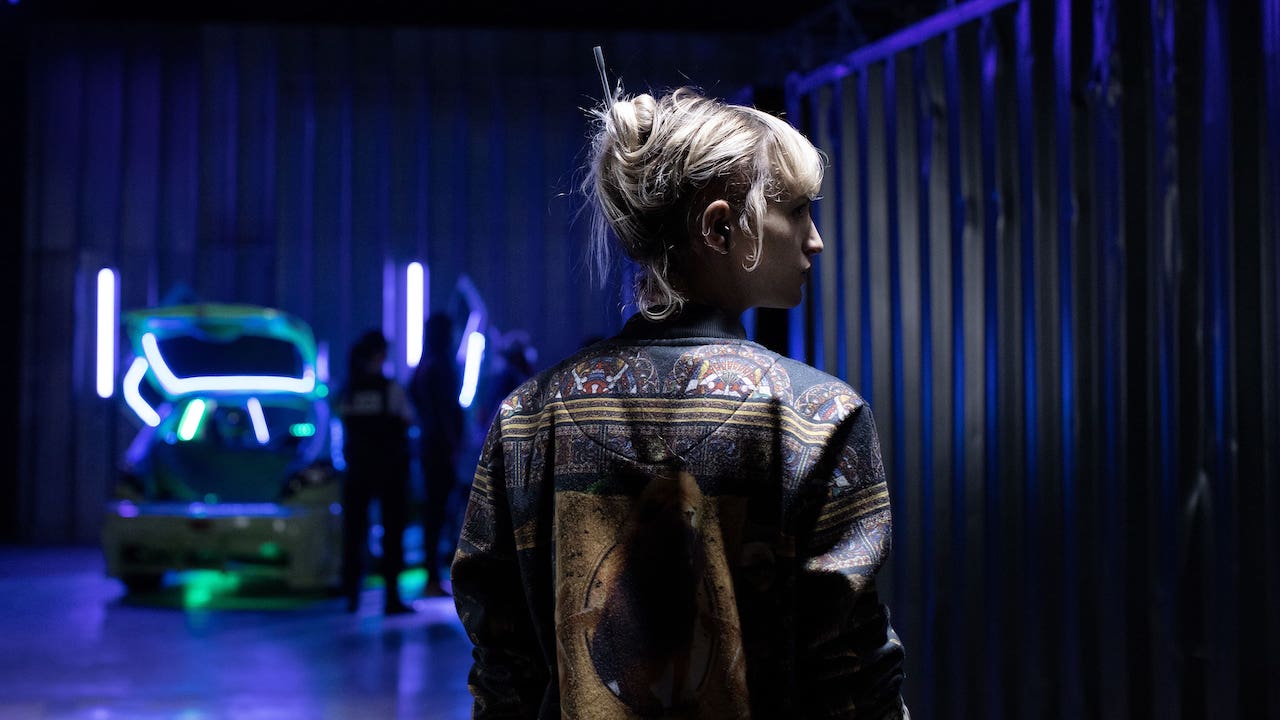
Titane
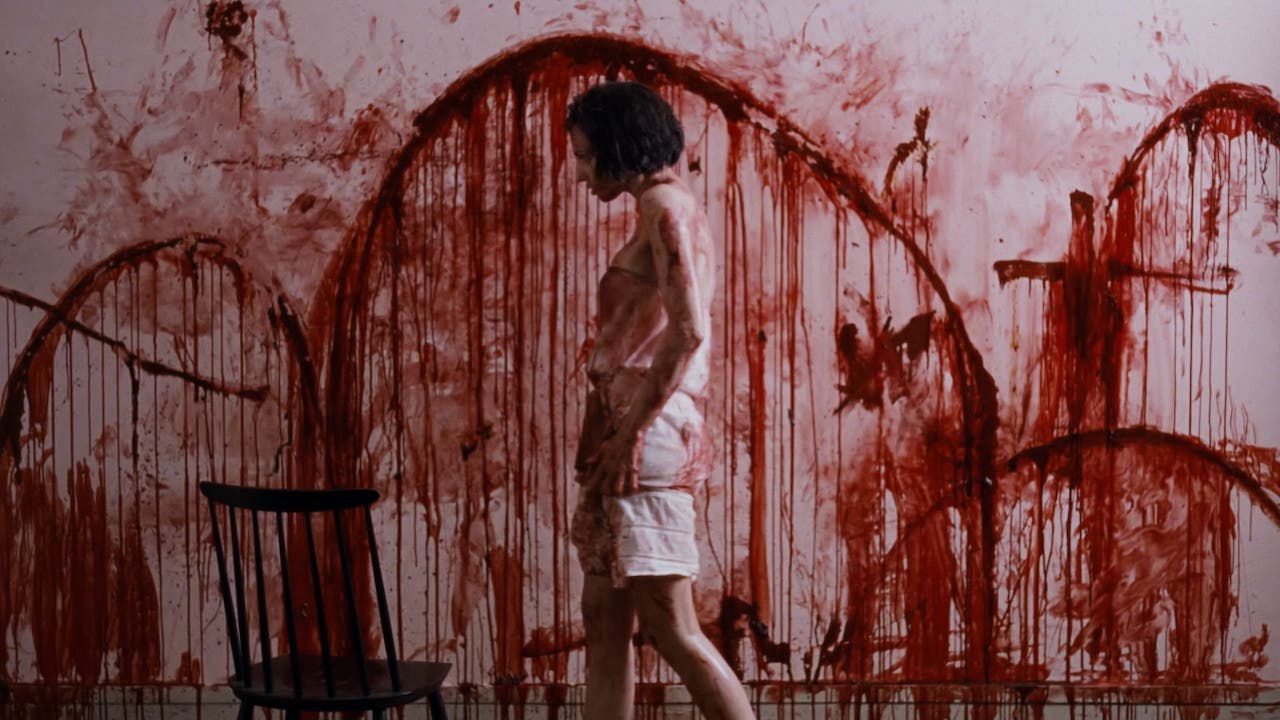
Trouble Every Day
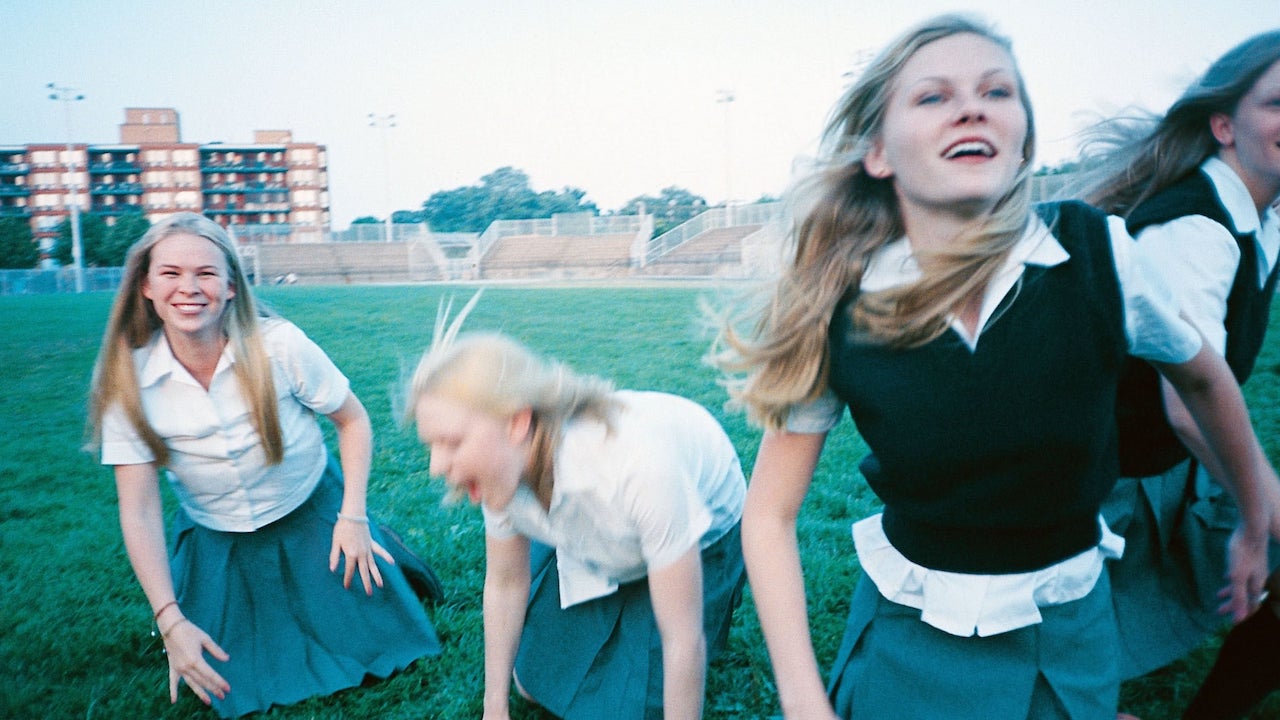
The Virgin Suicides
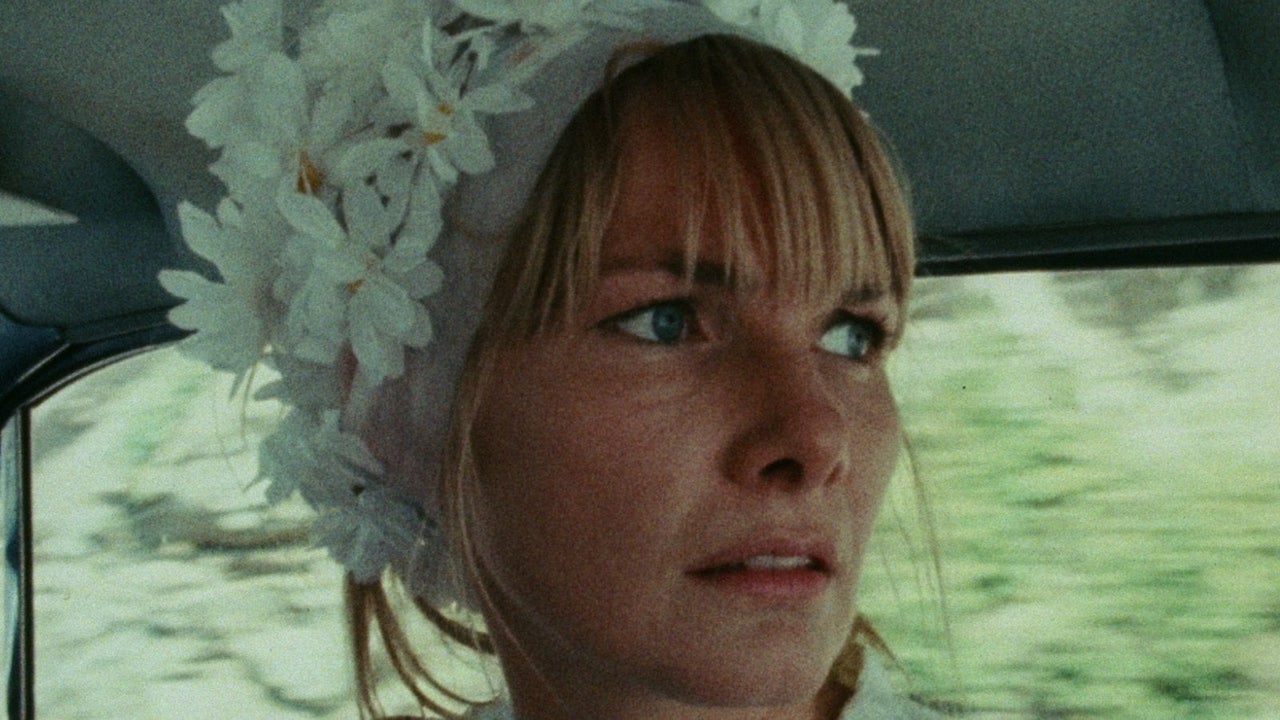
Wanda
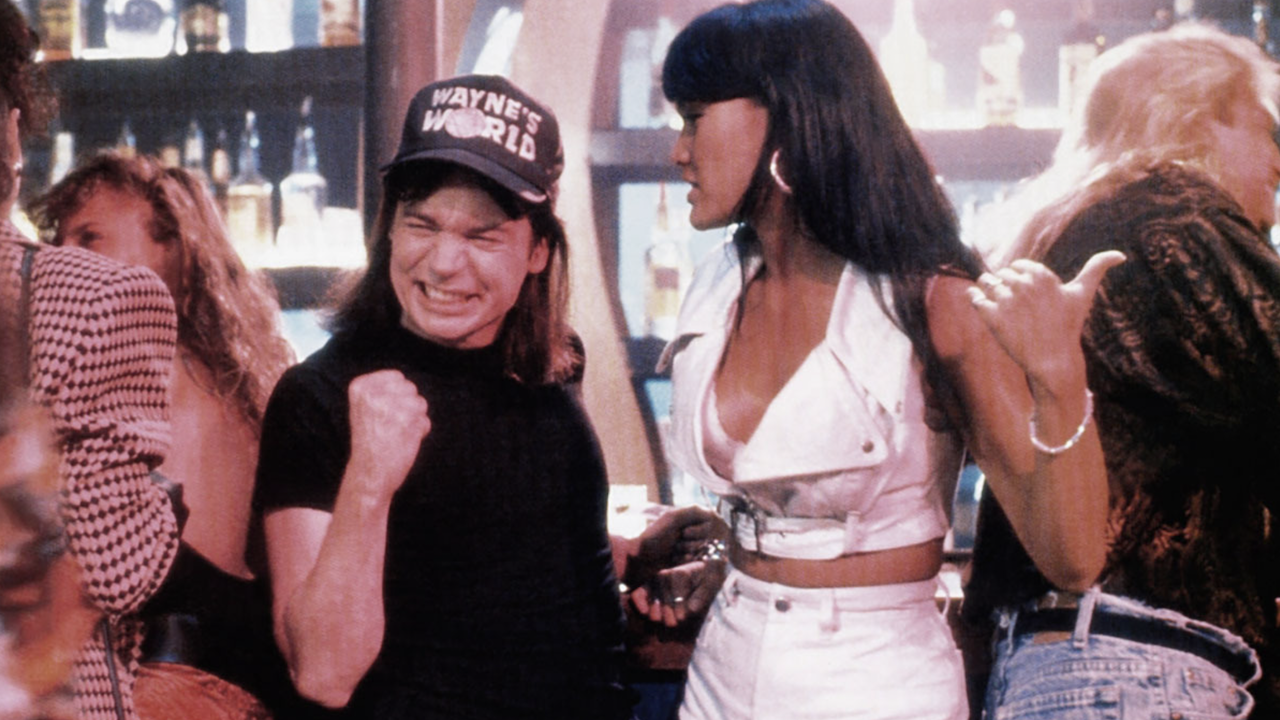
Wayne’s World
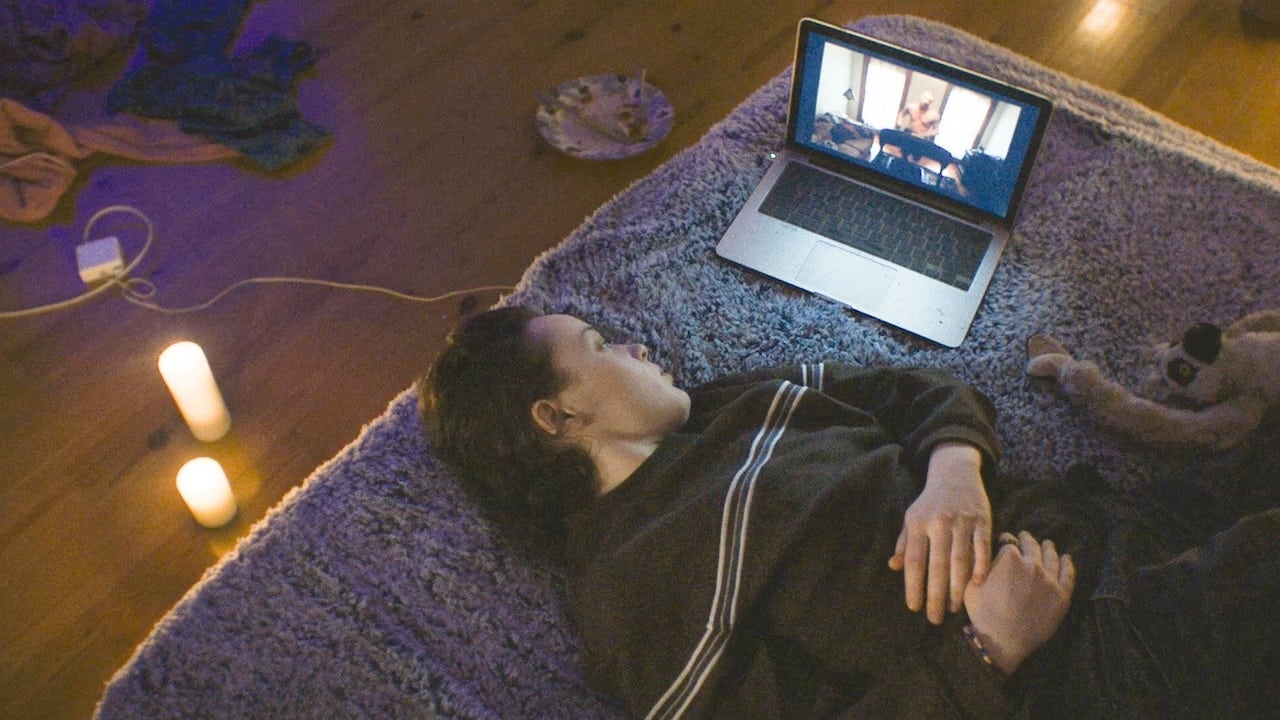
We’re All Going To The World’s Fair
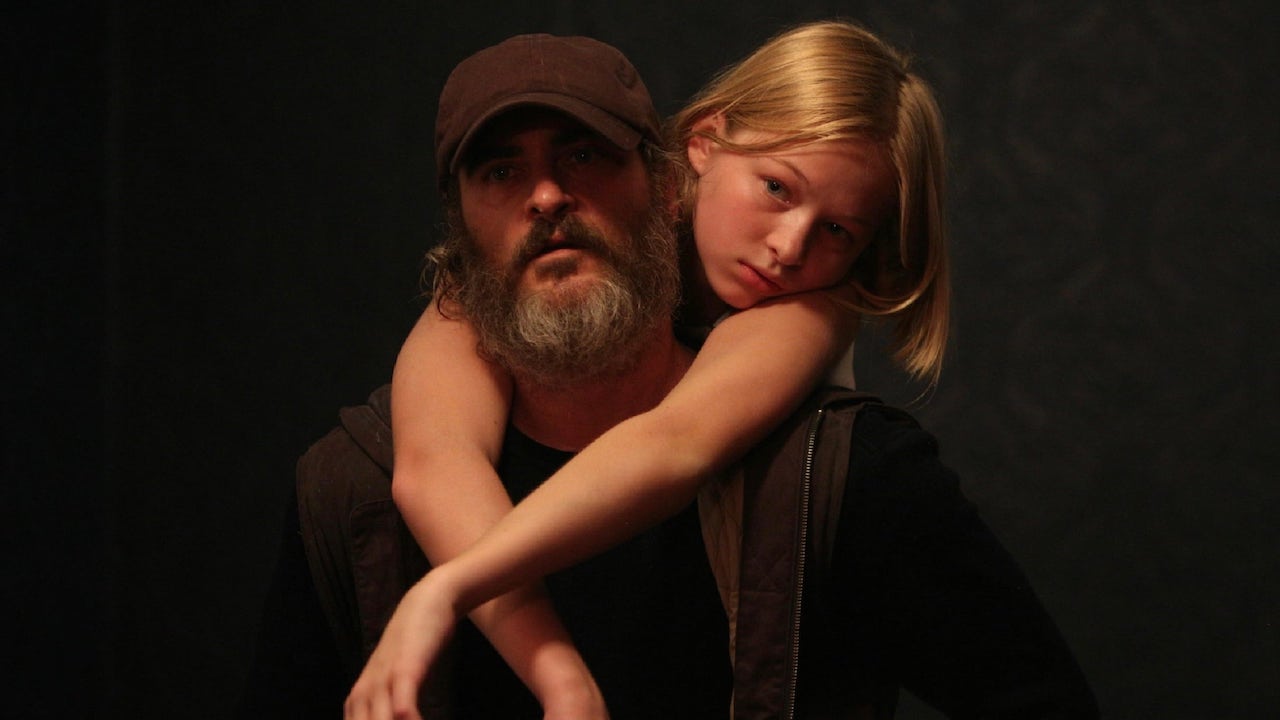
You Were Never Really Here























